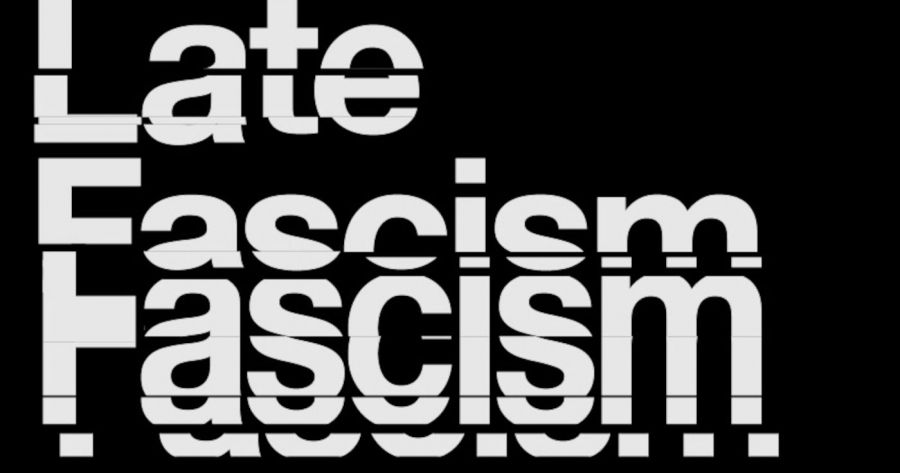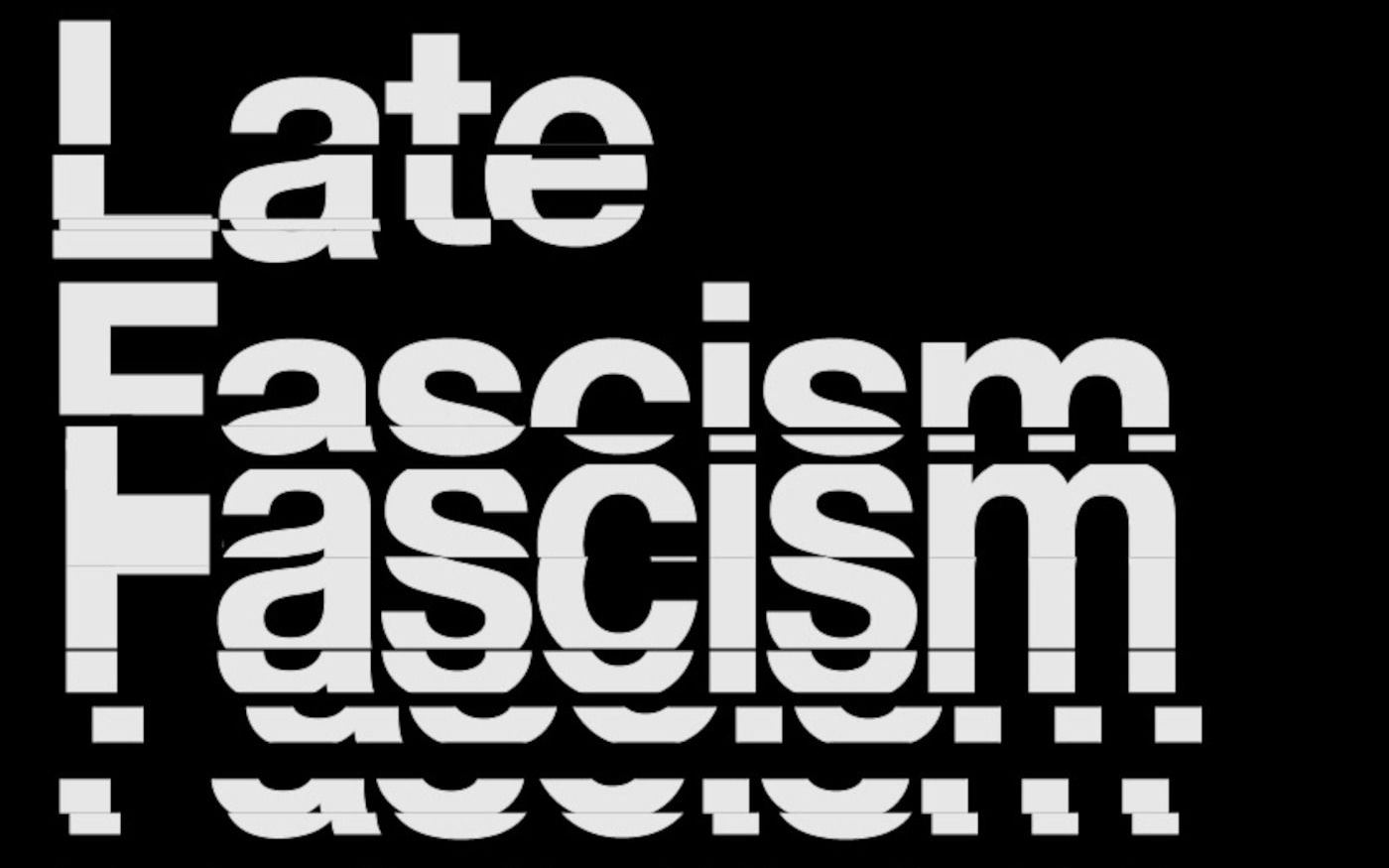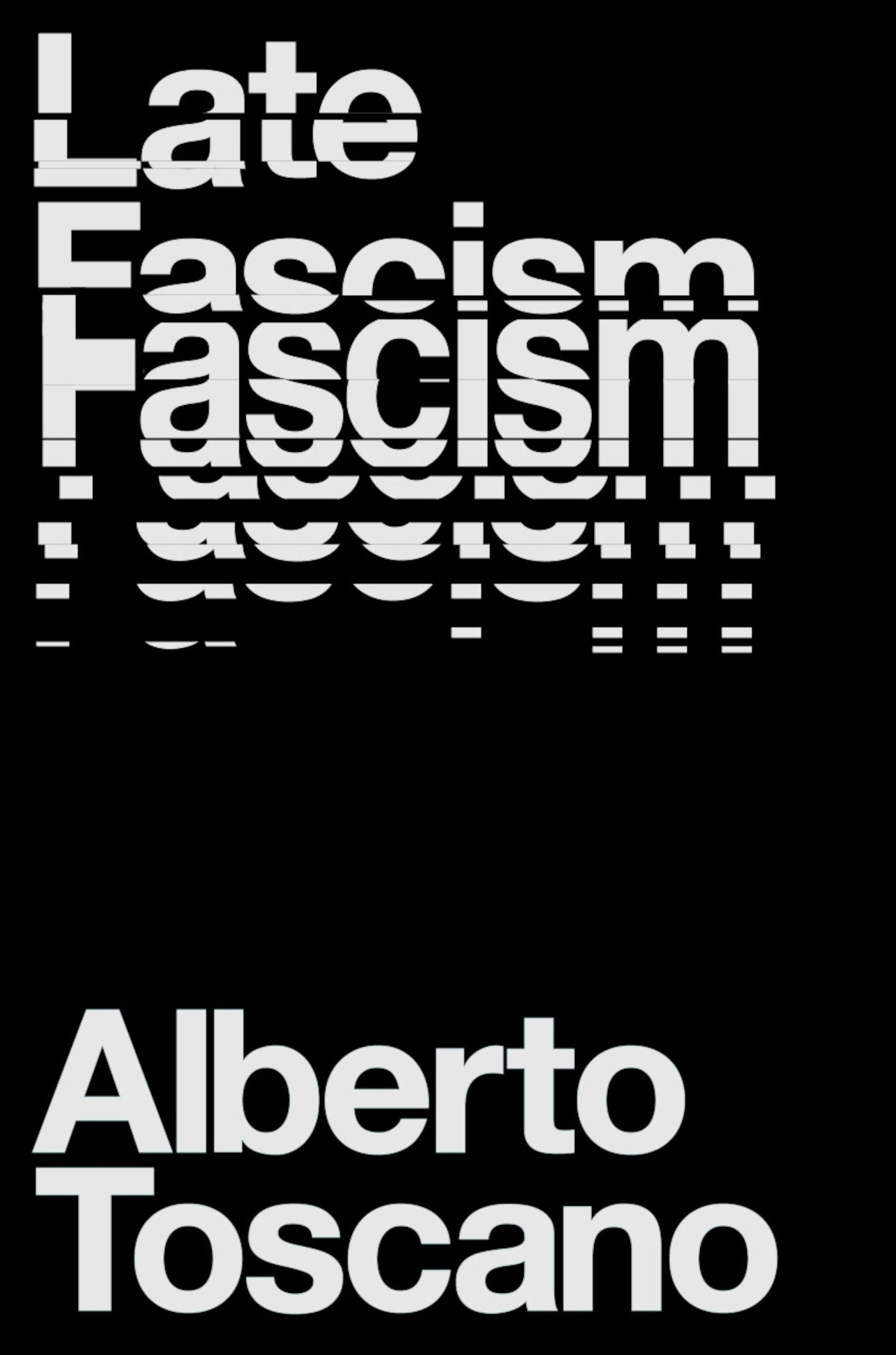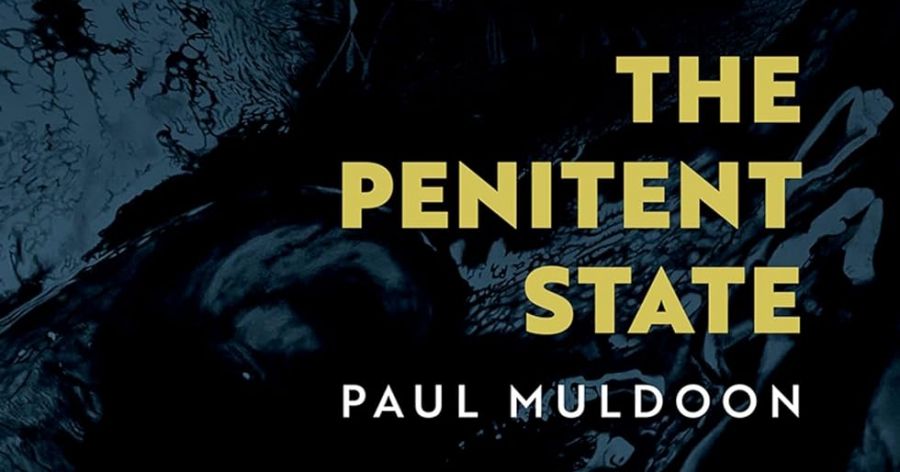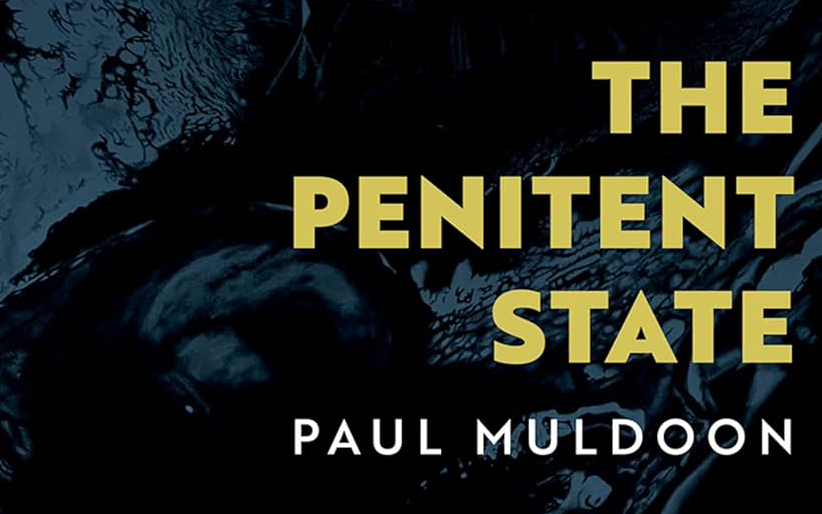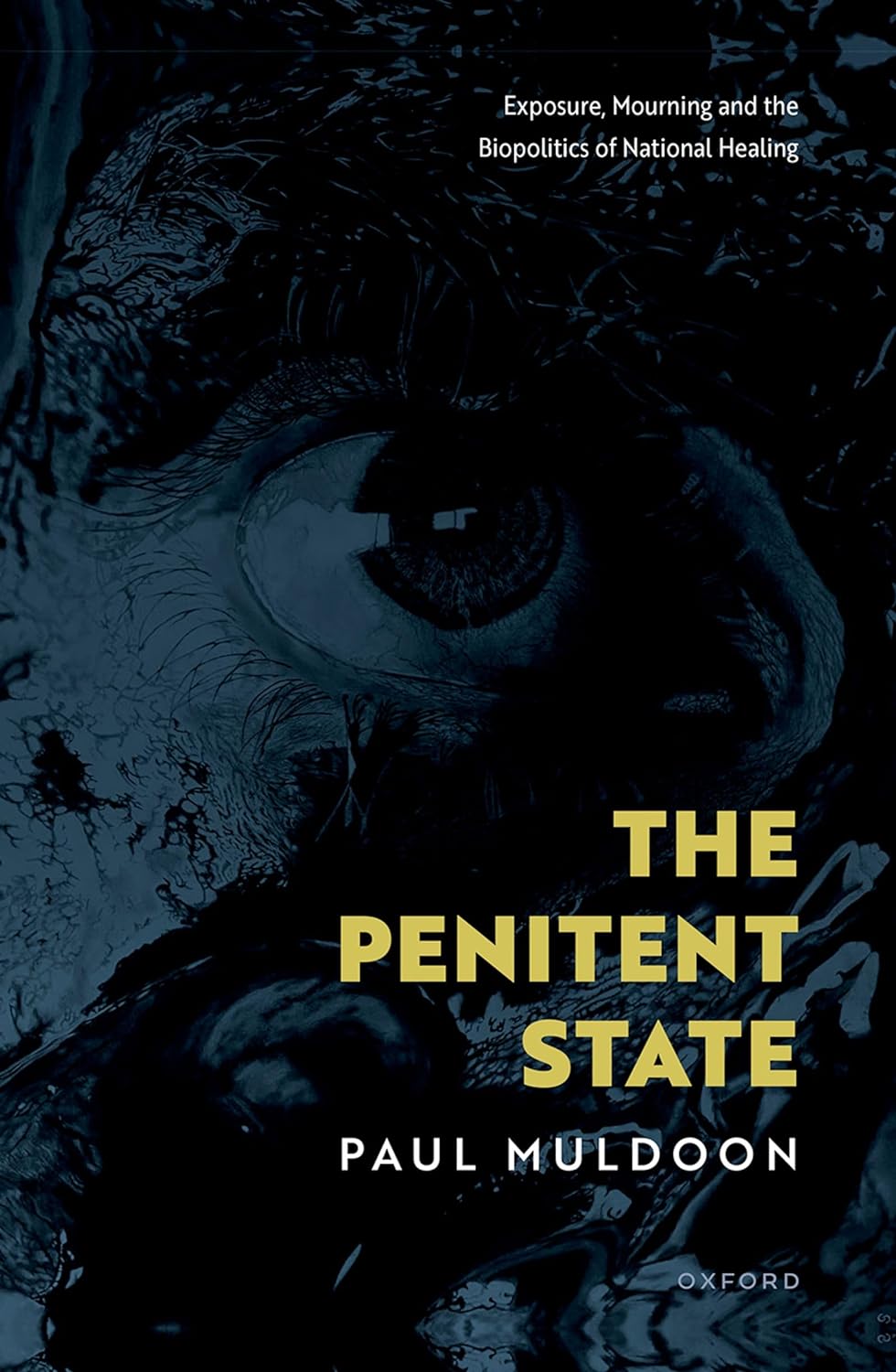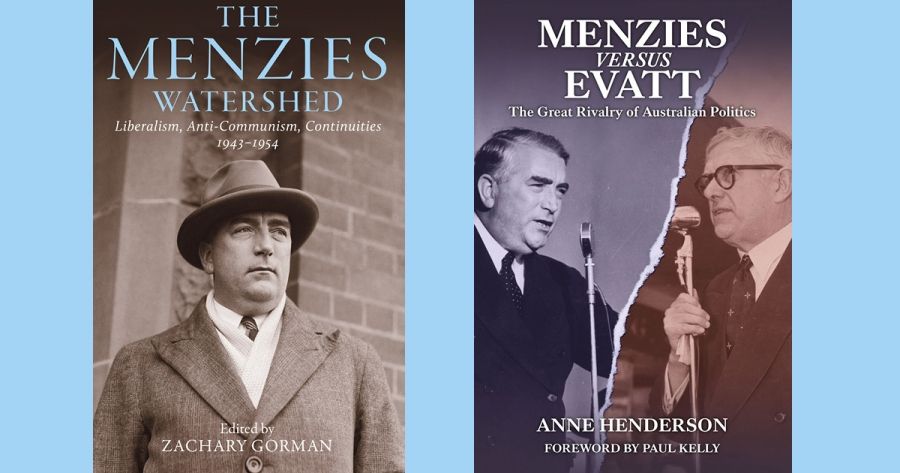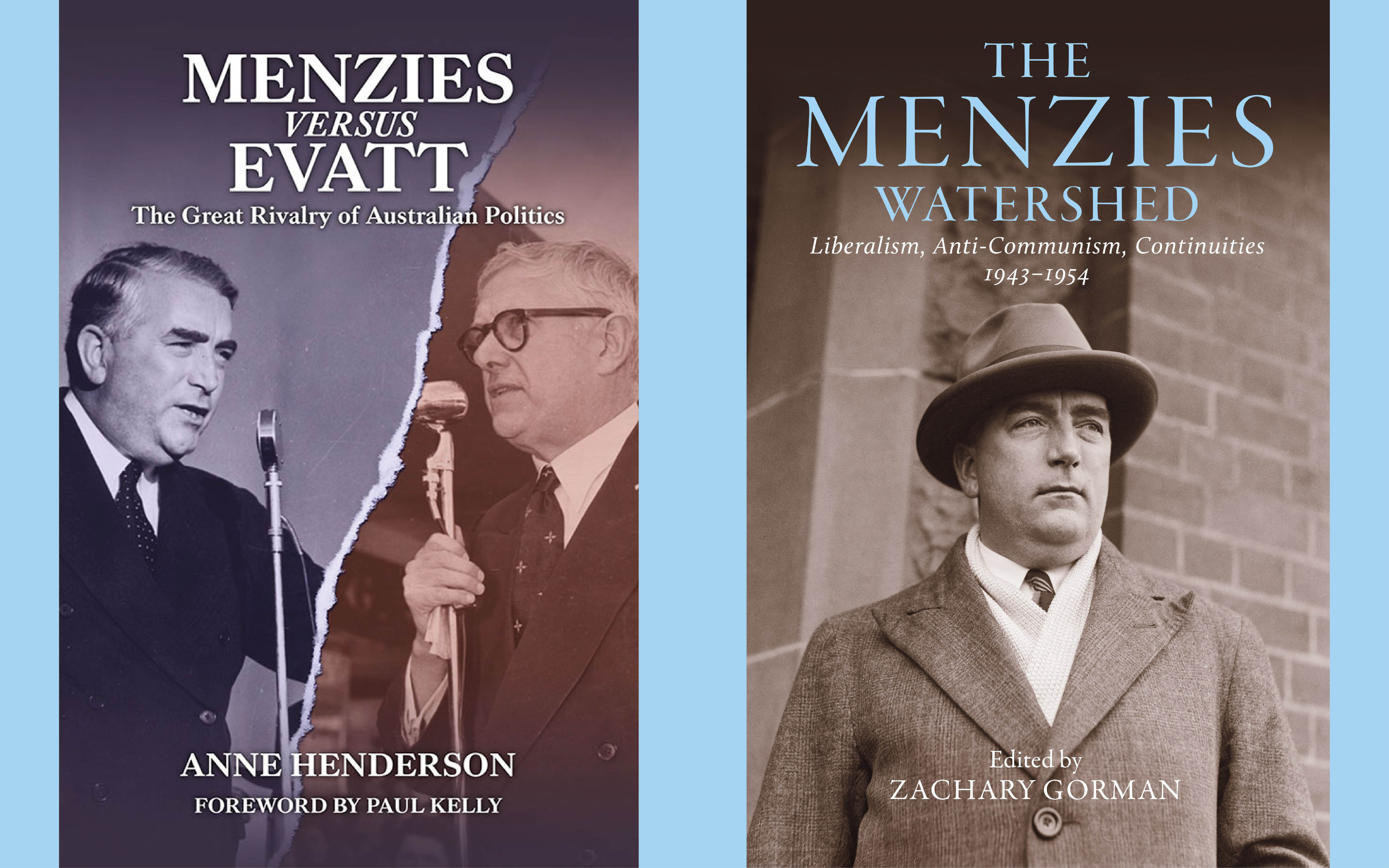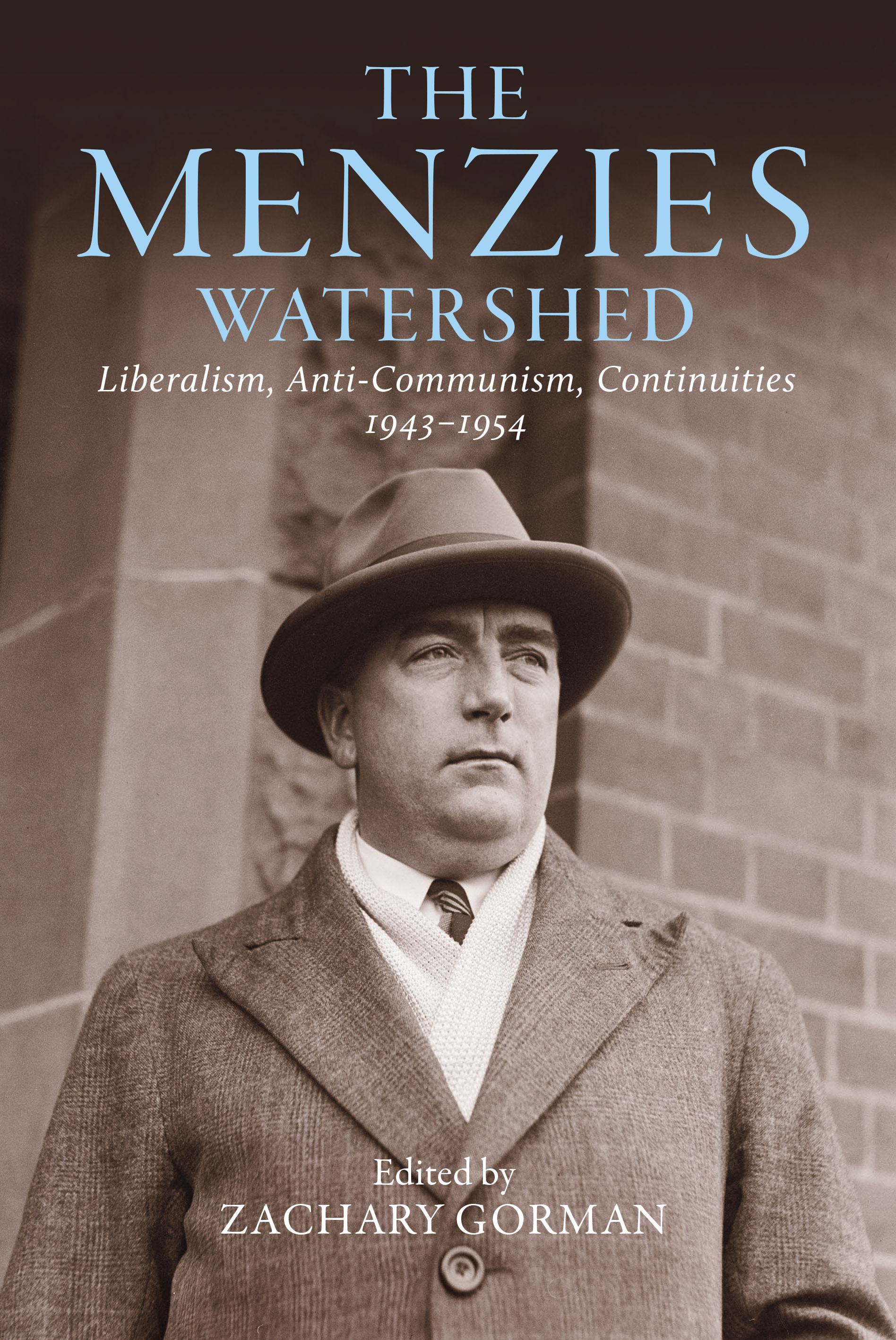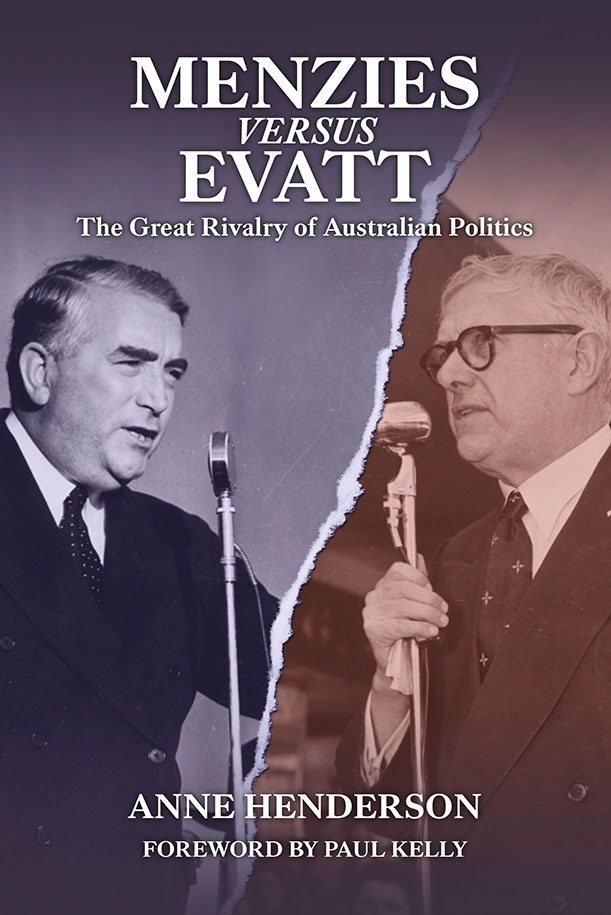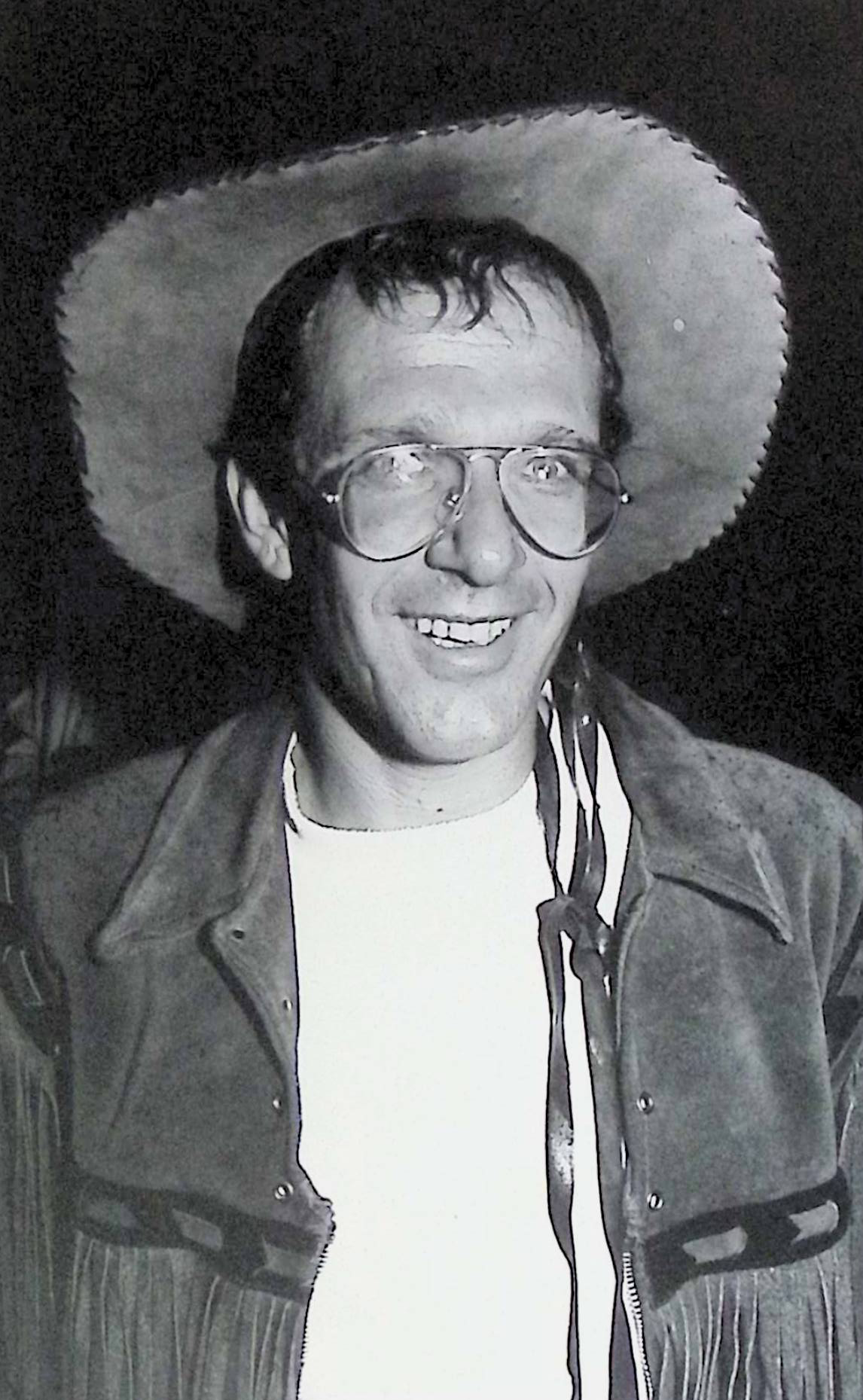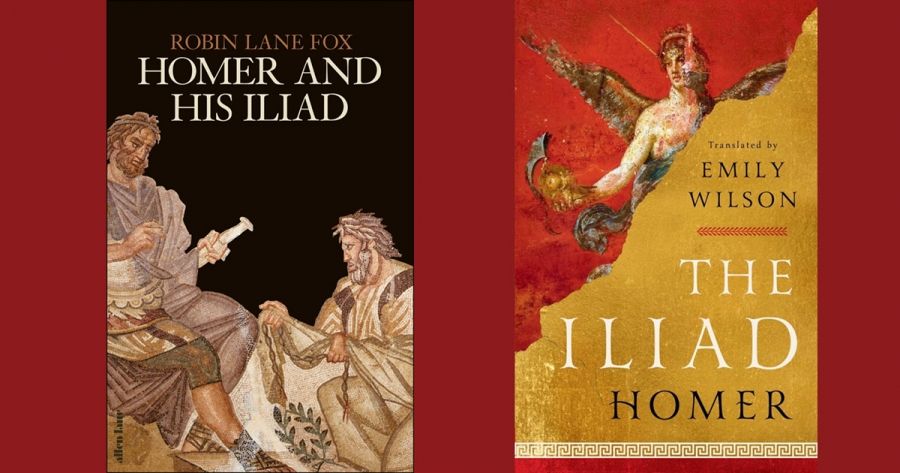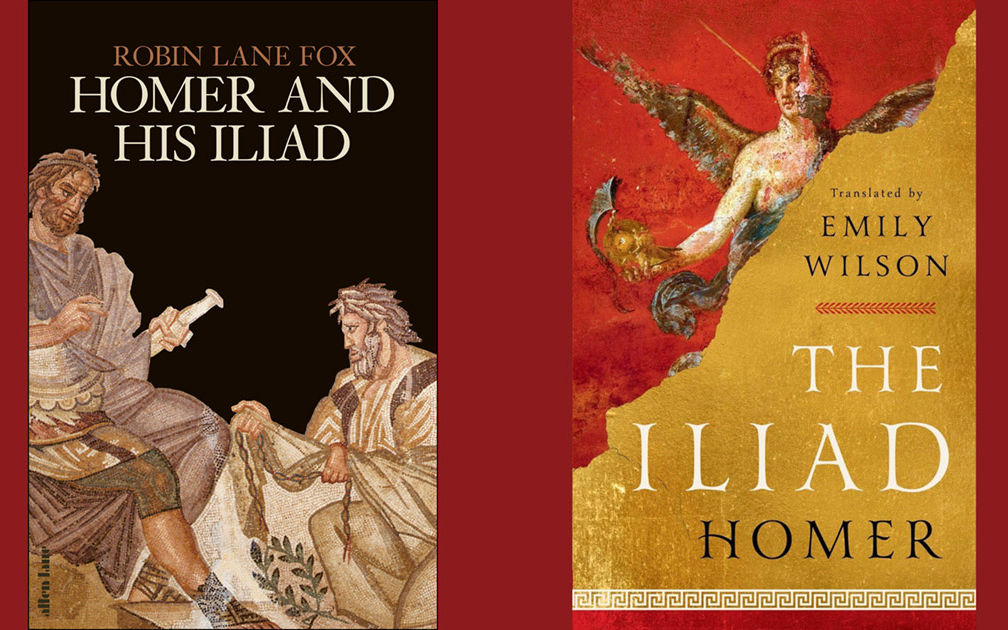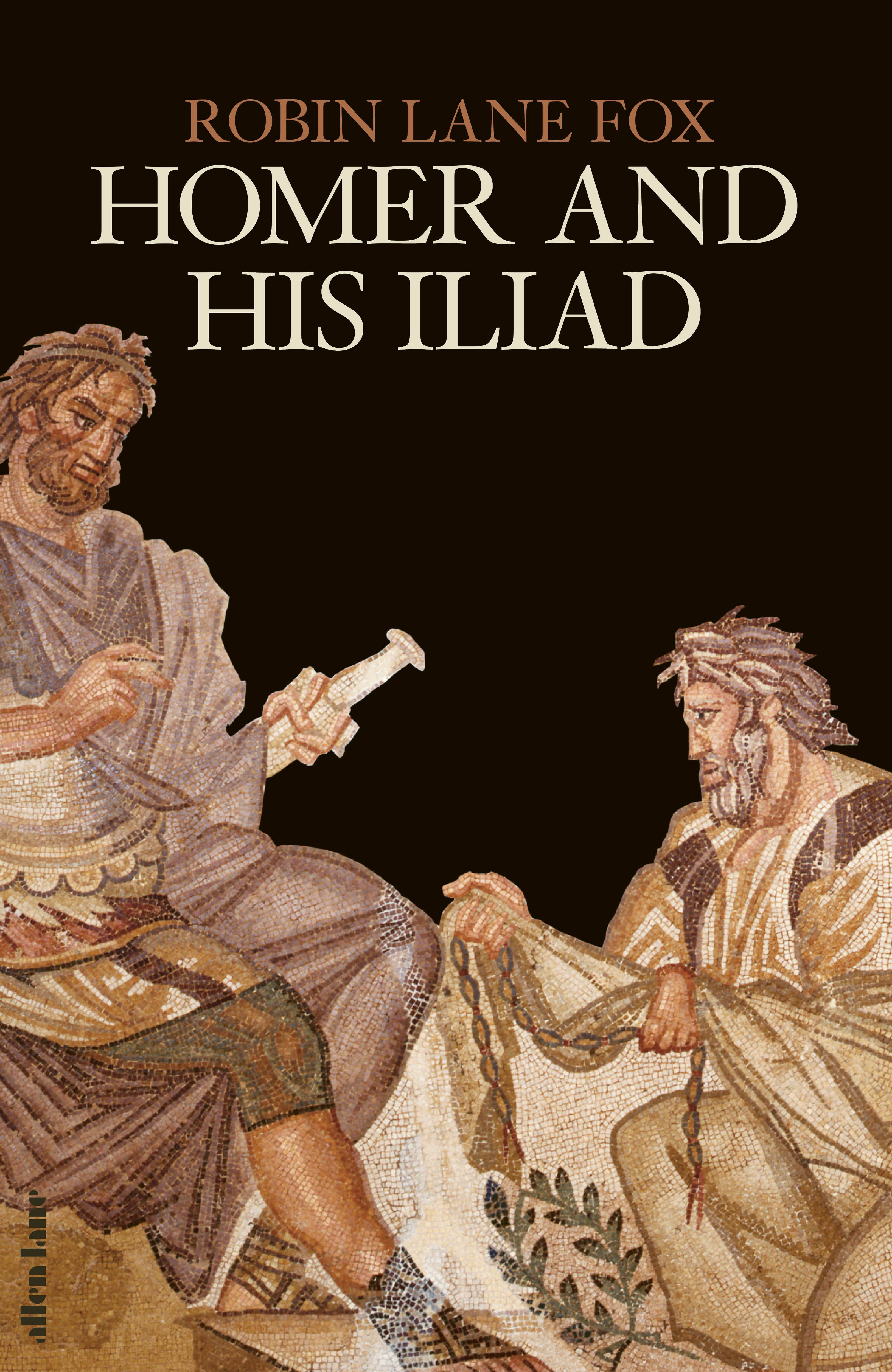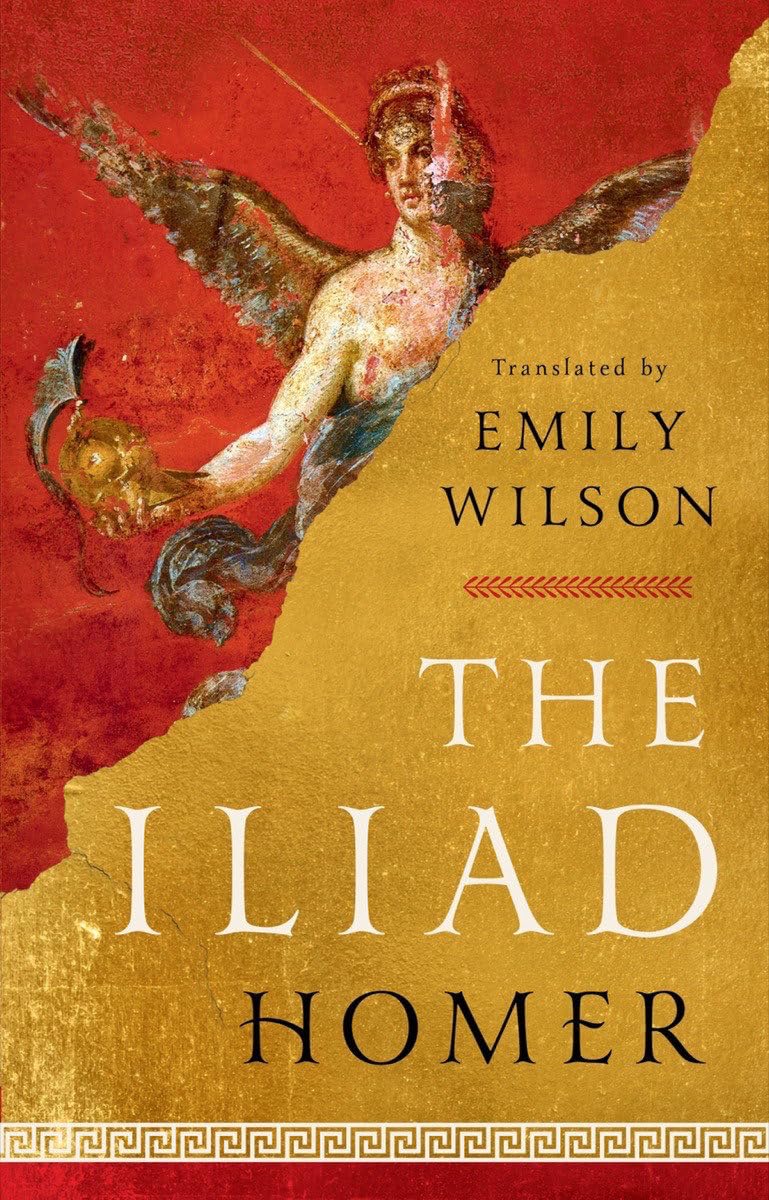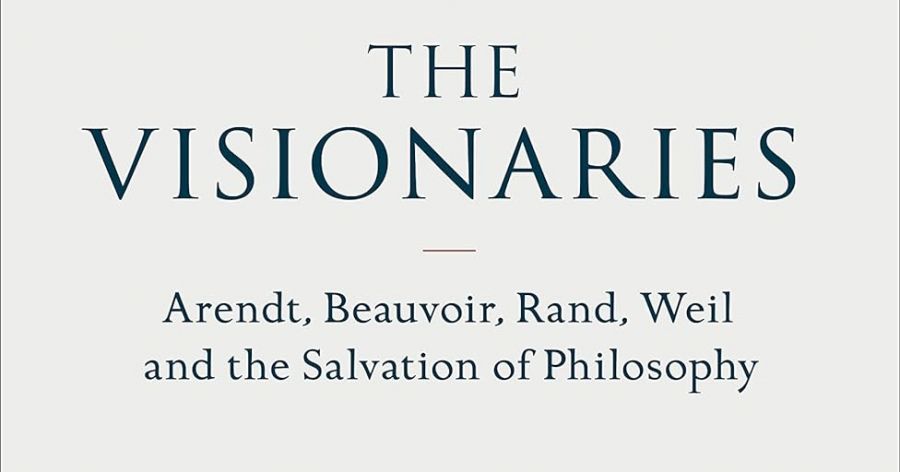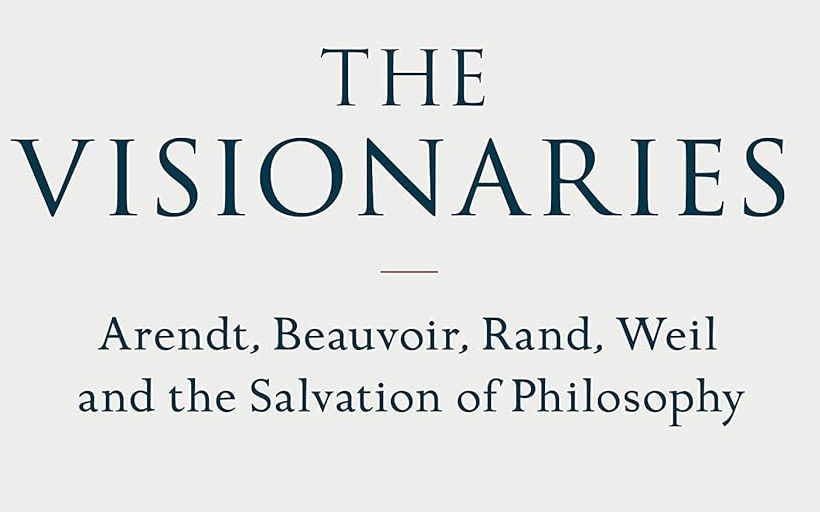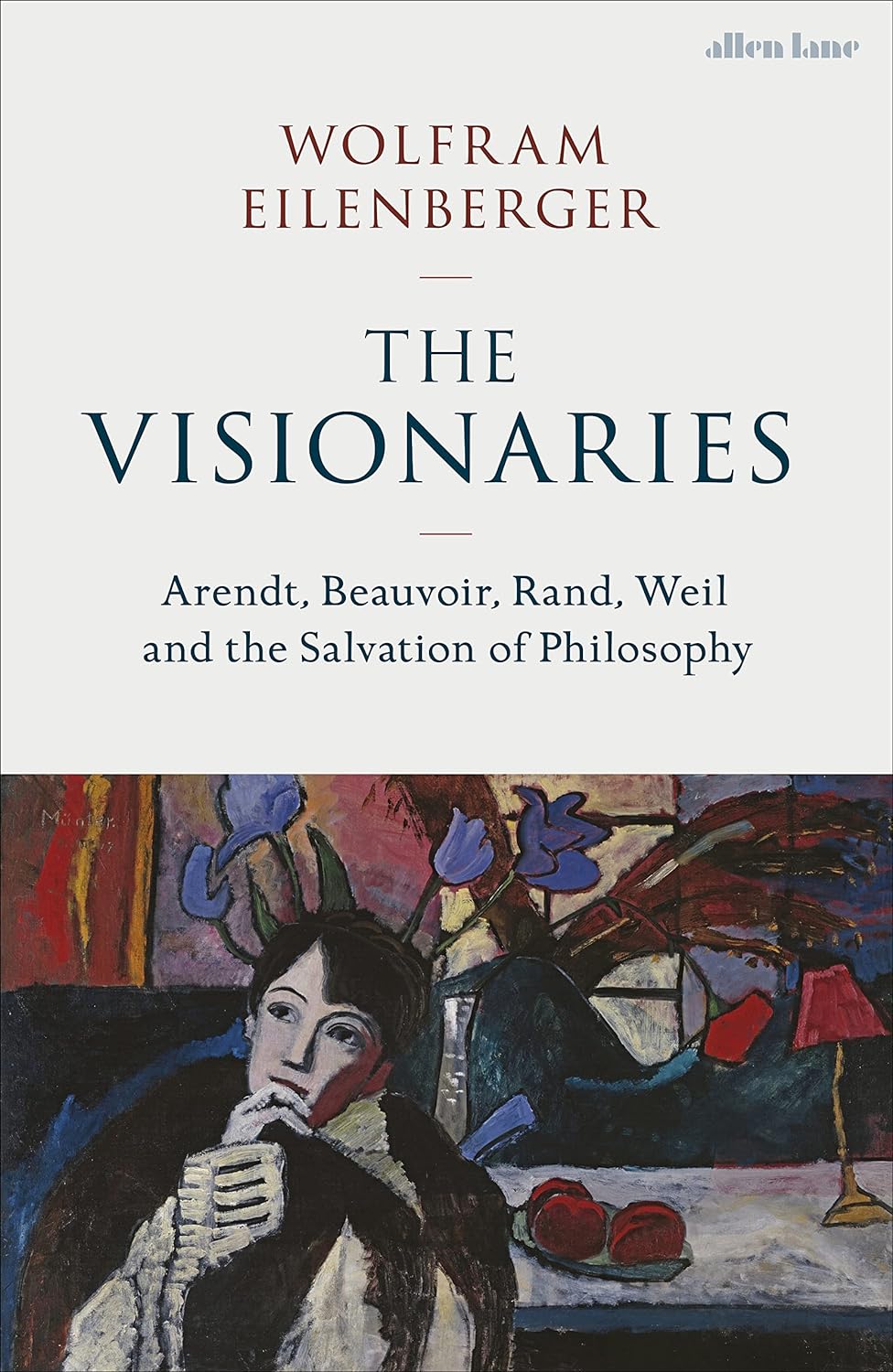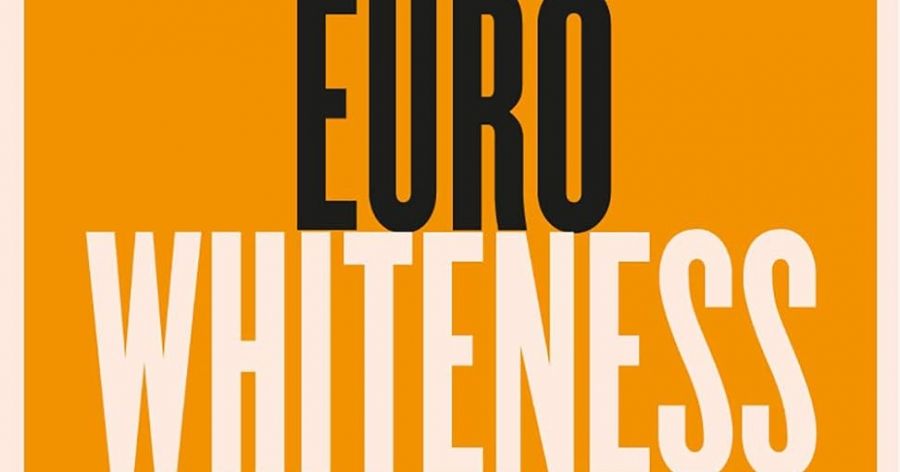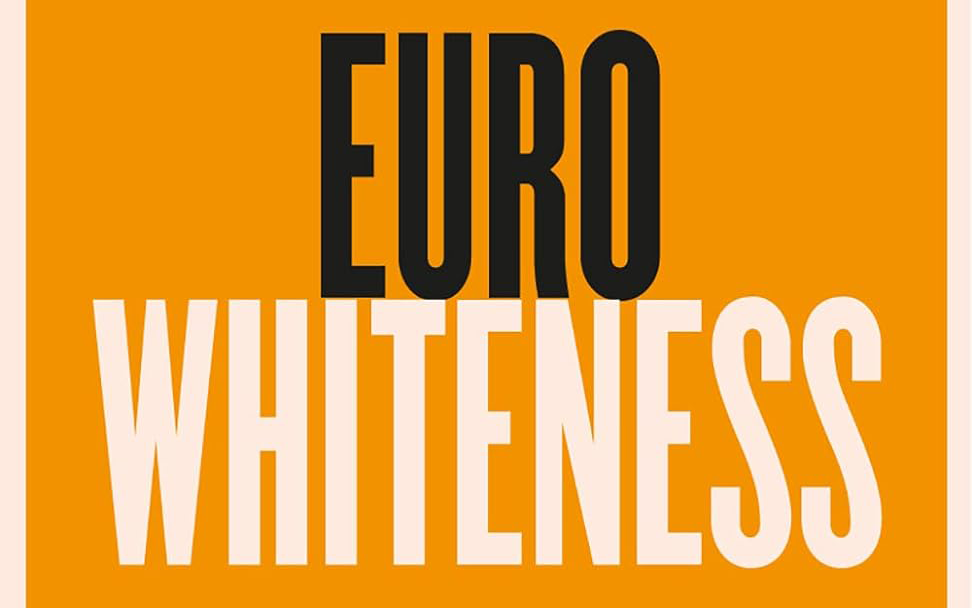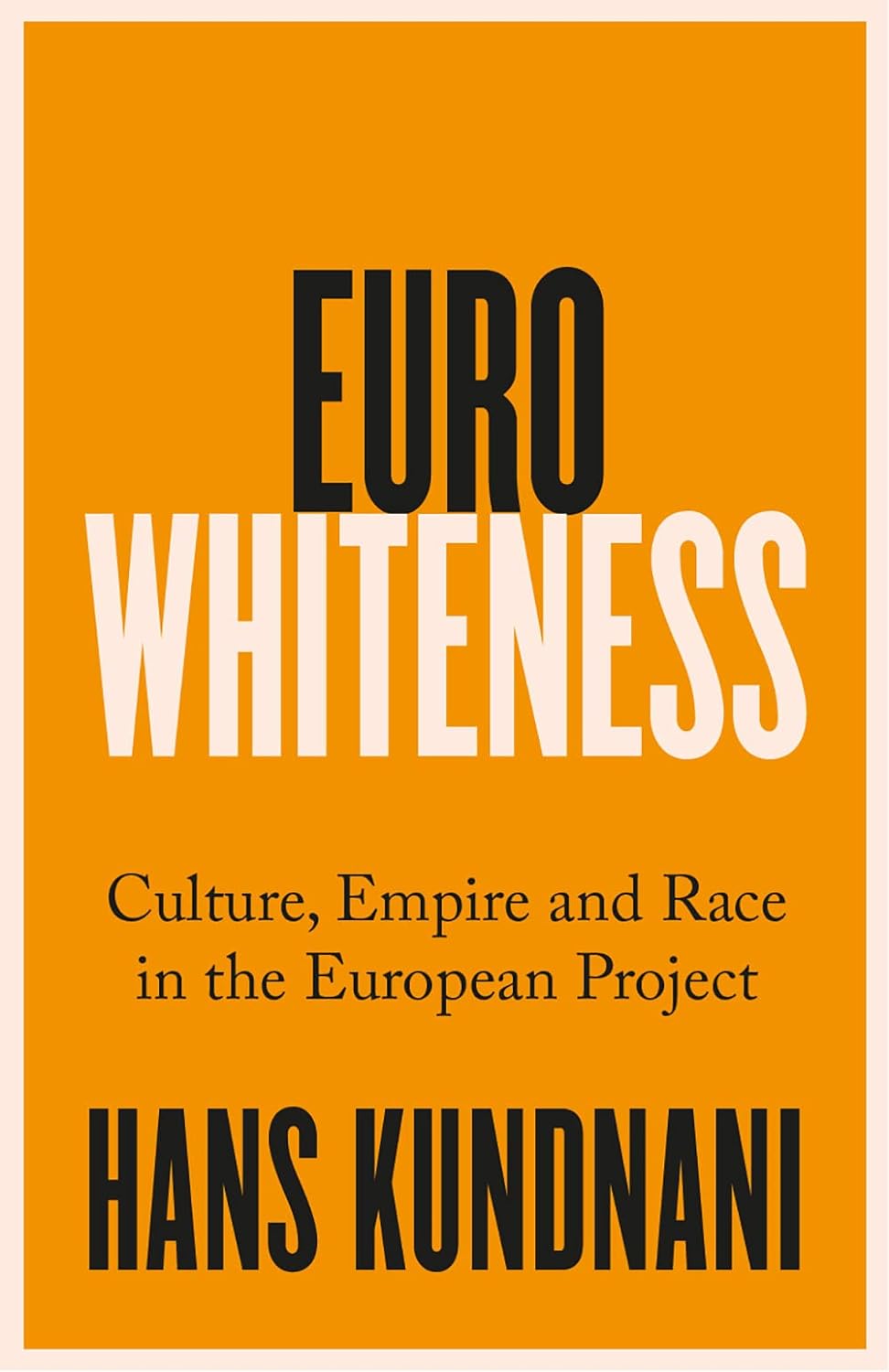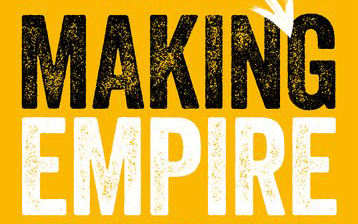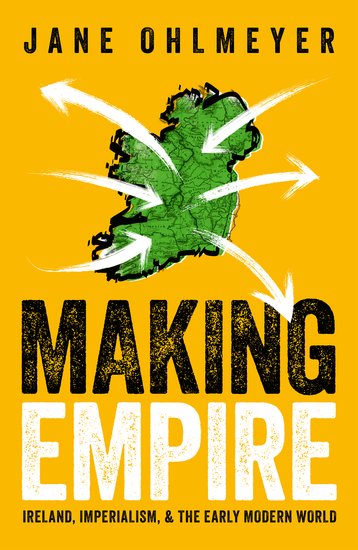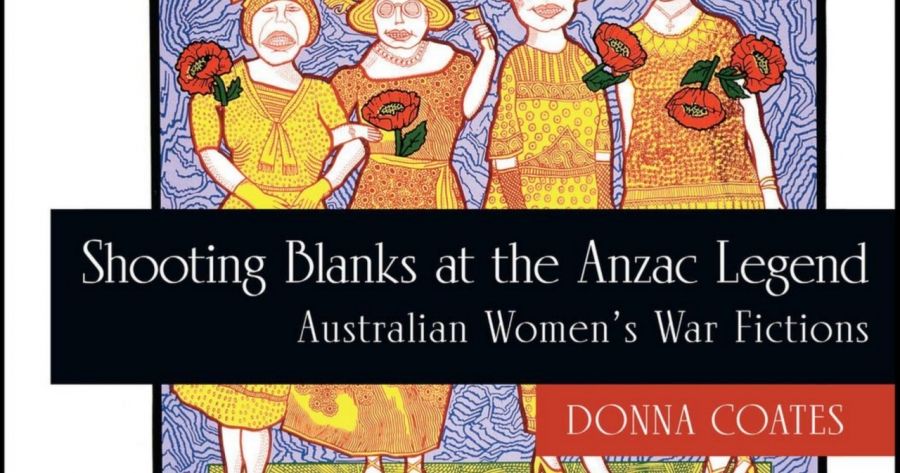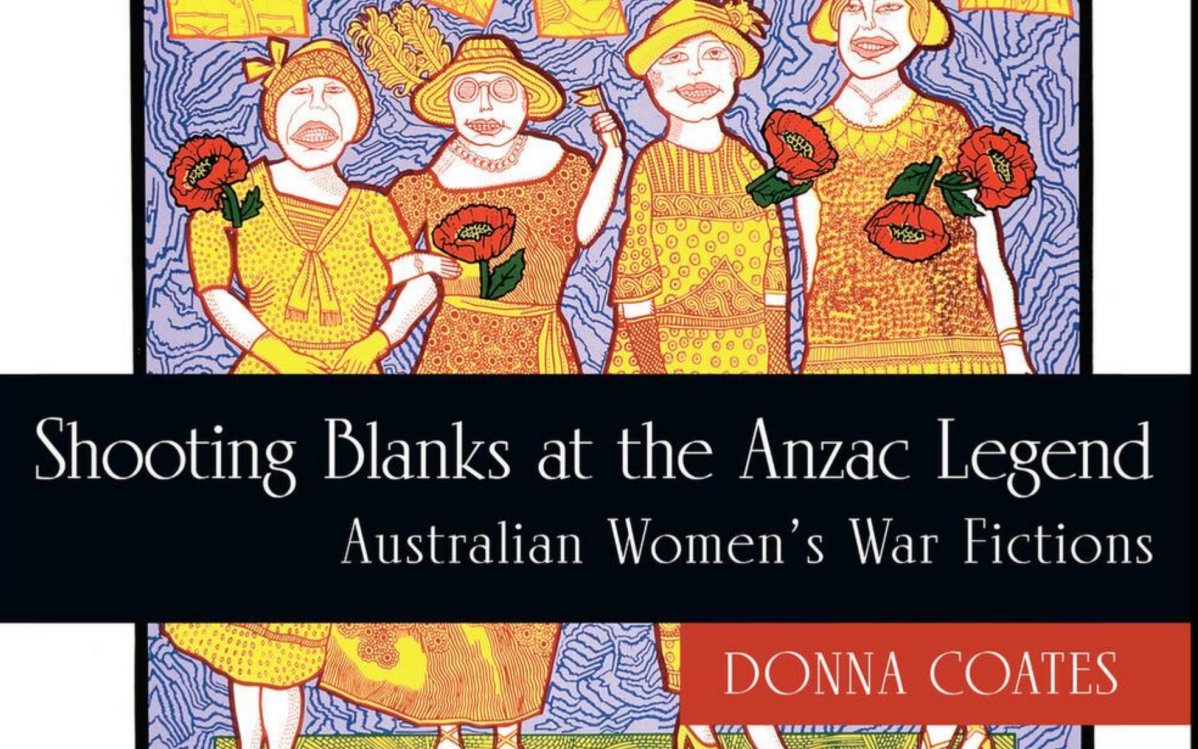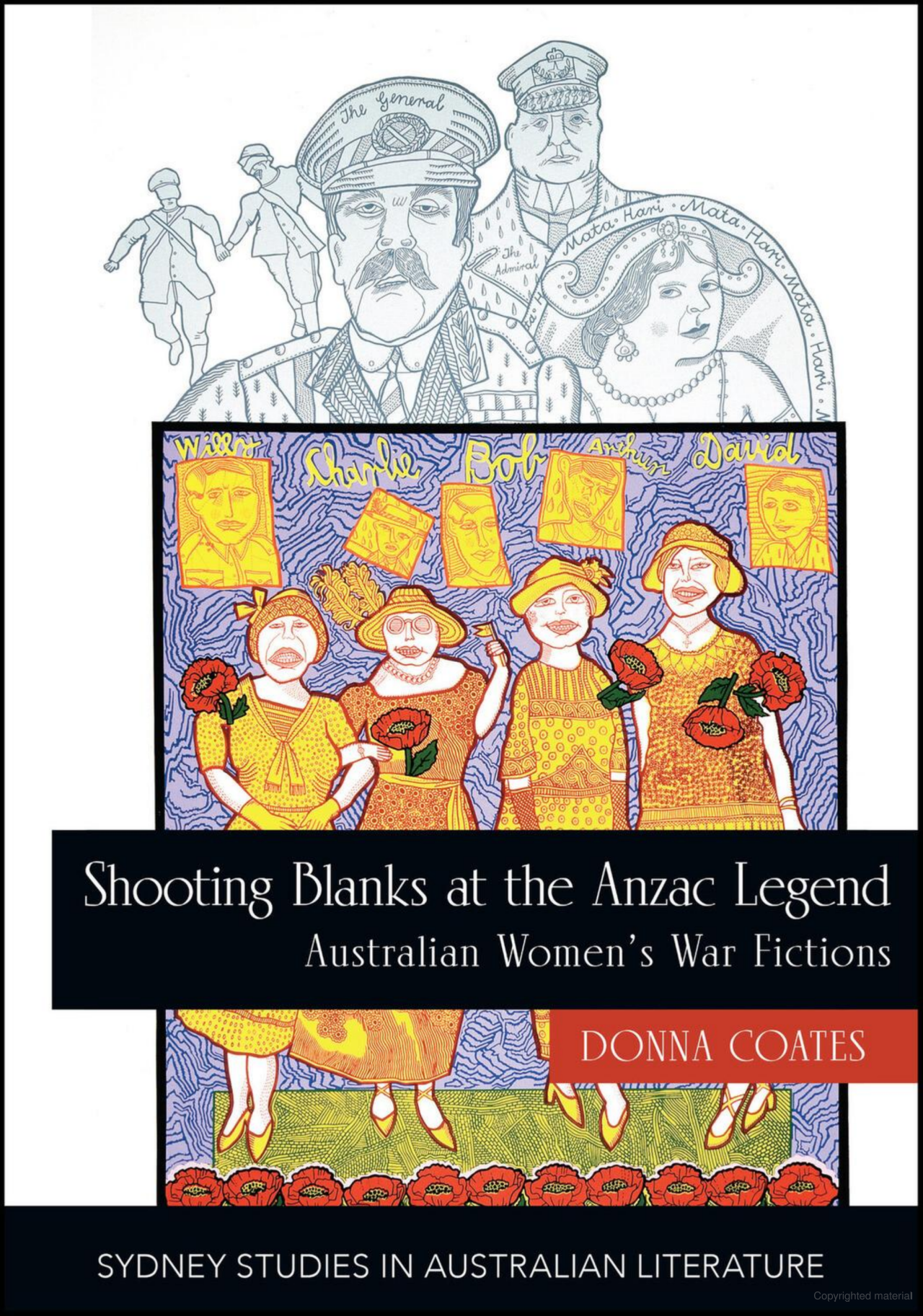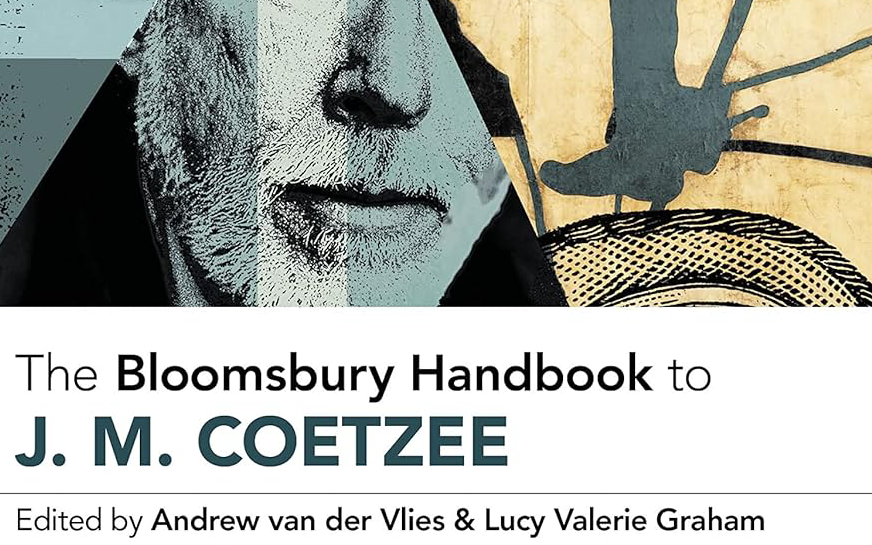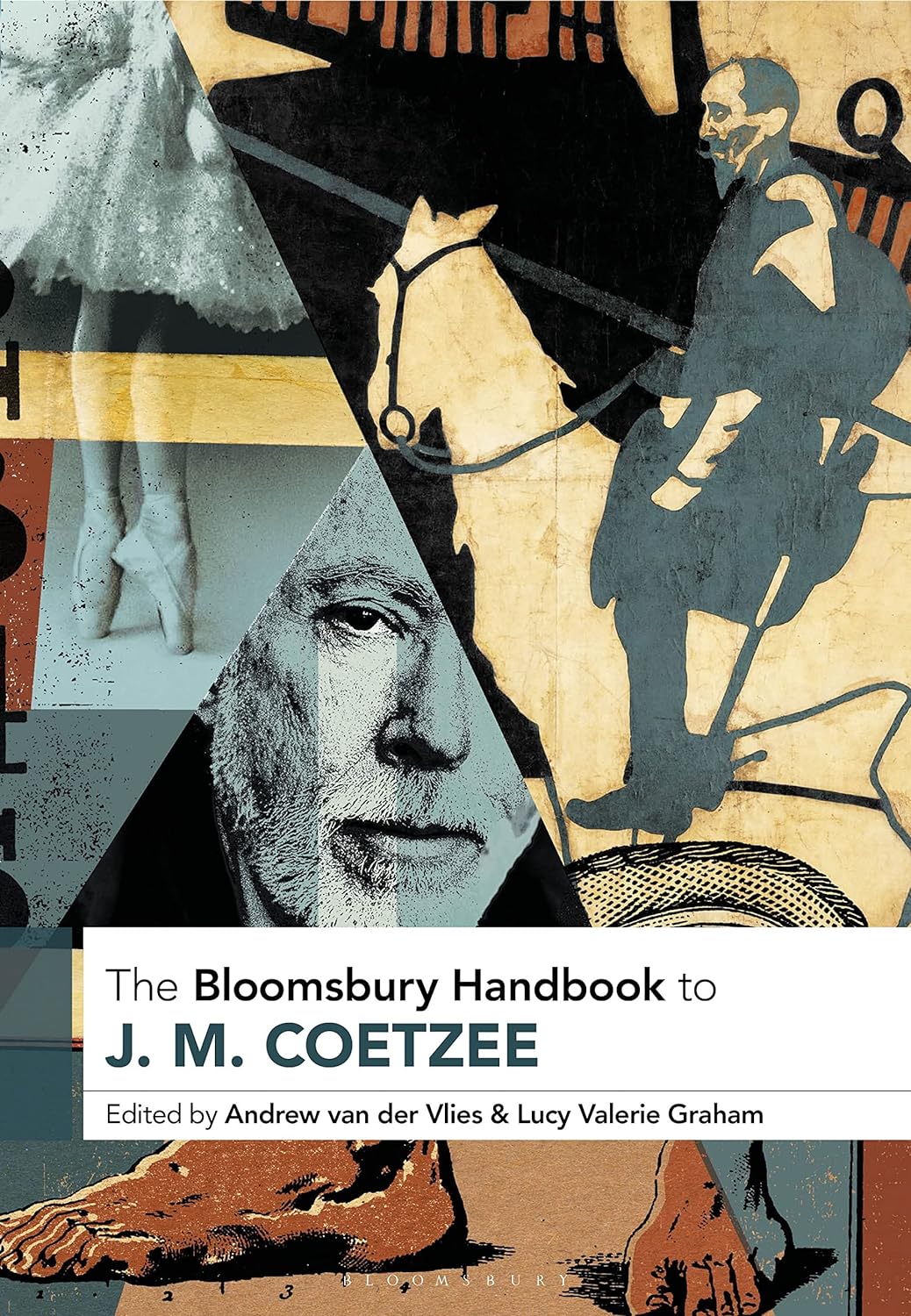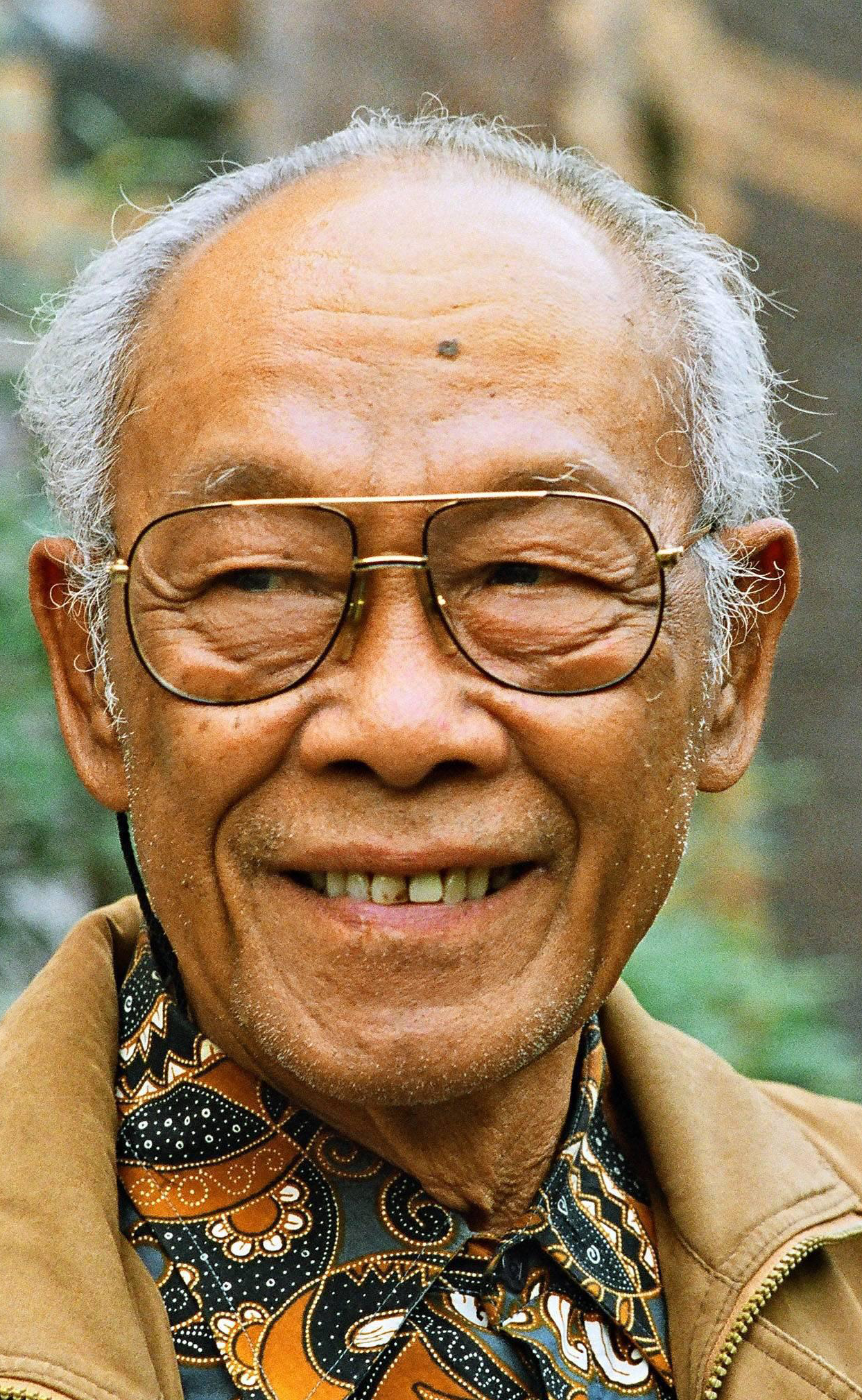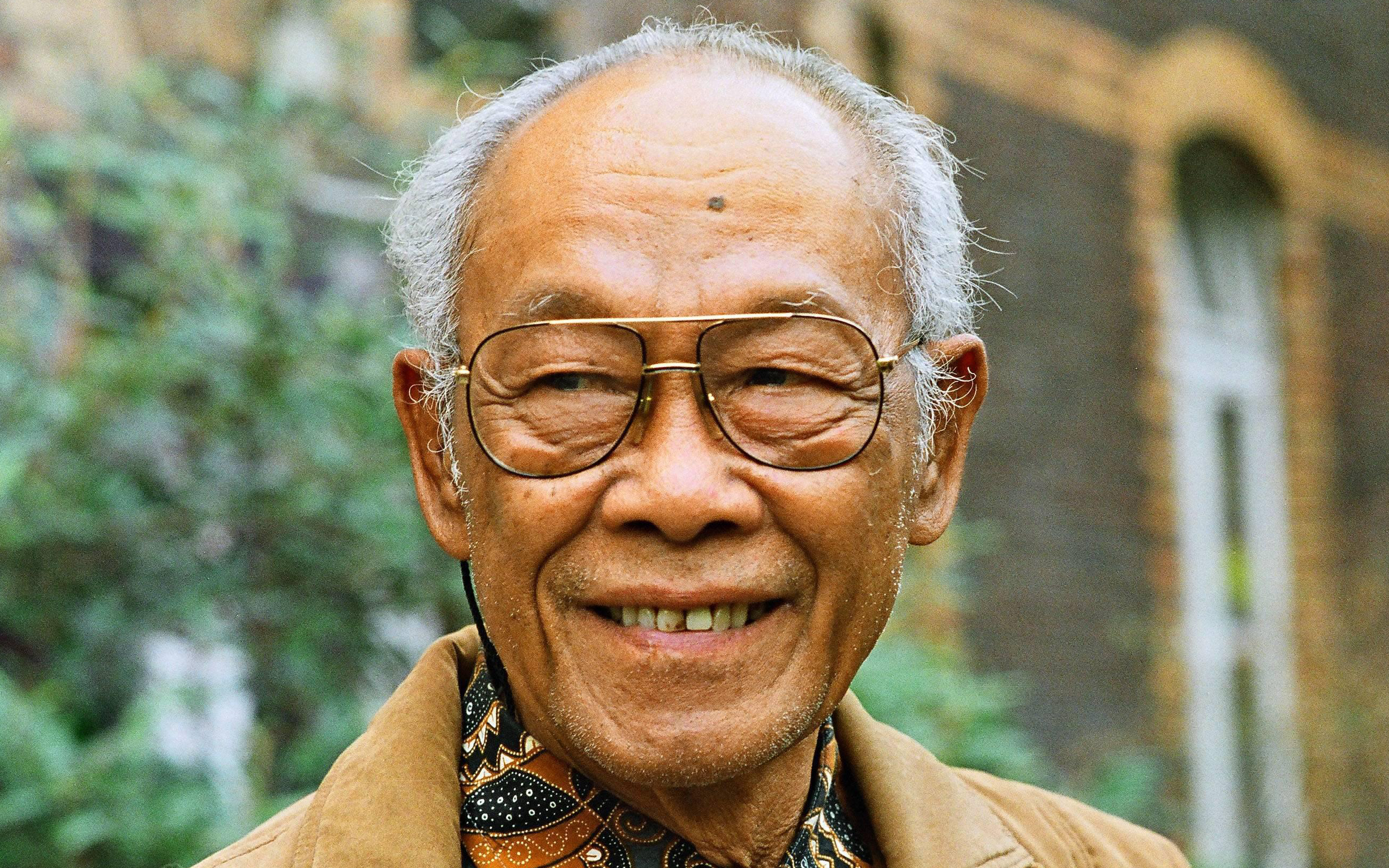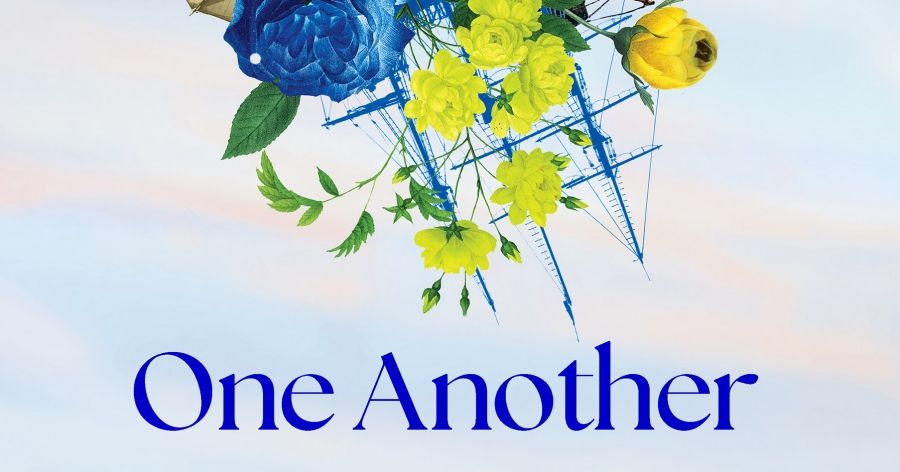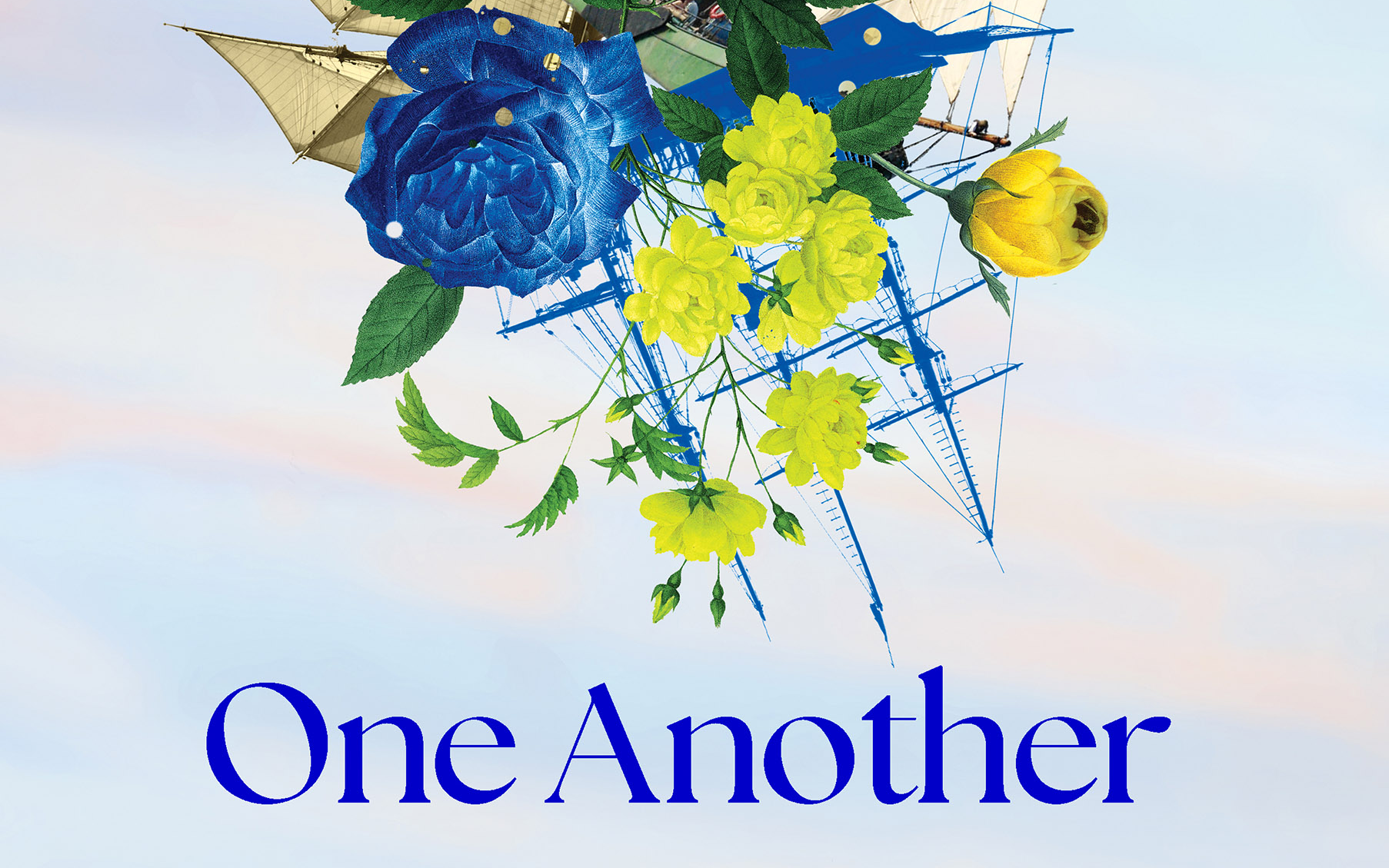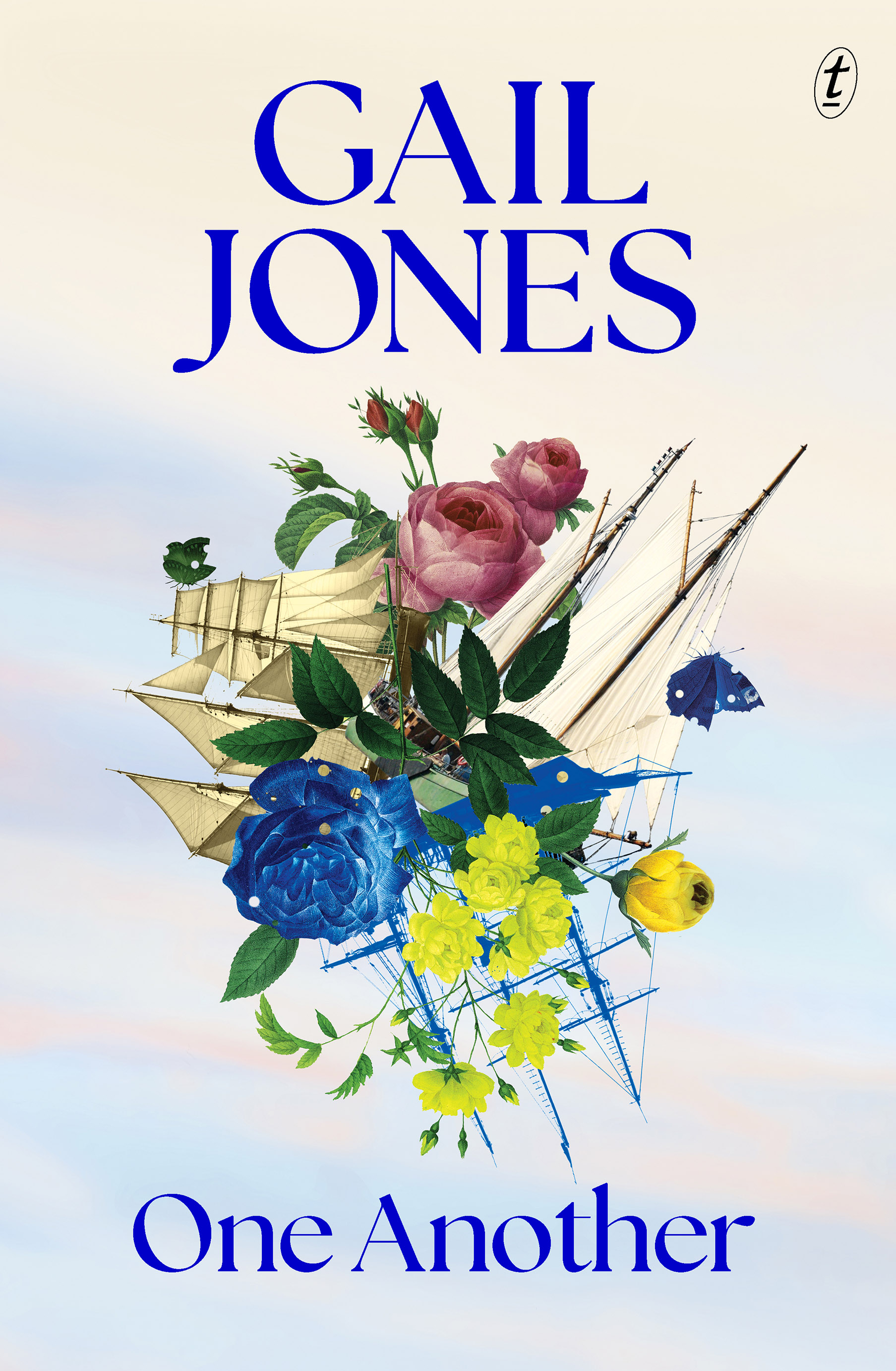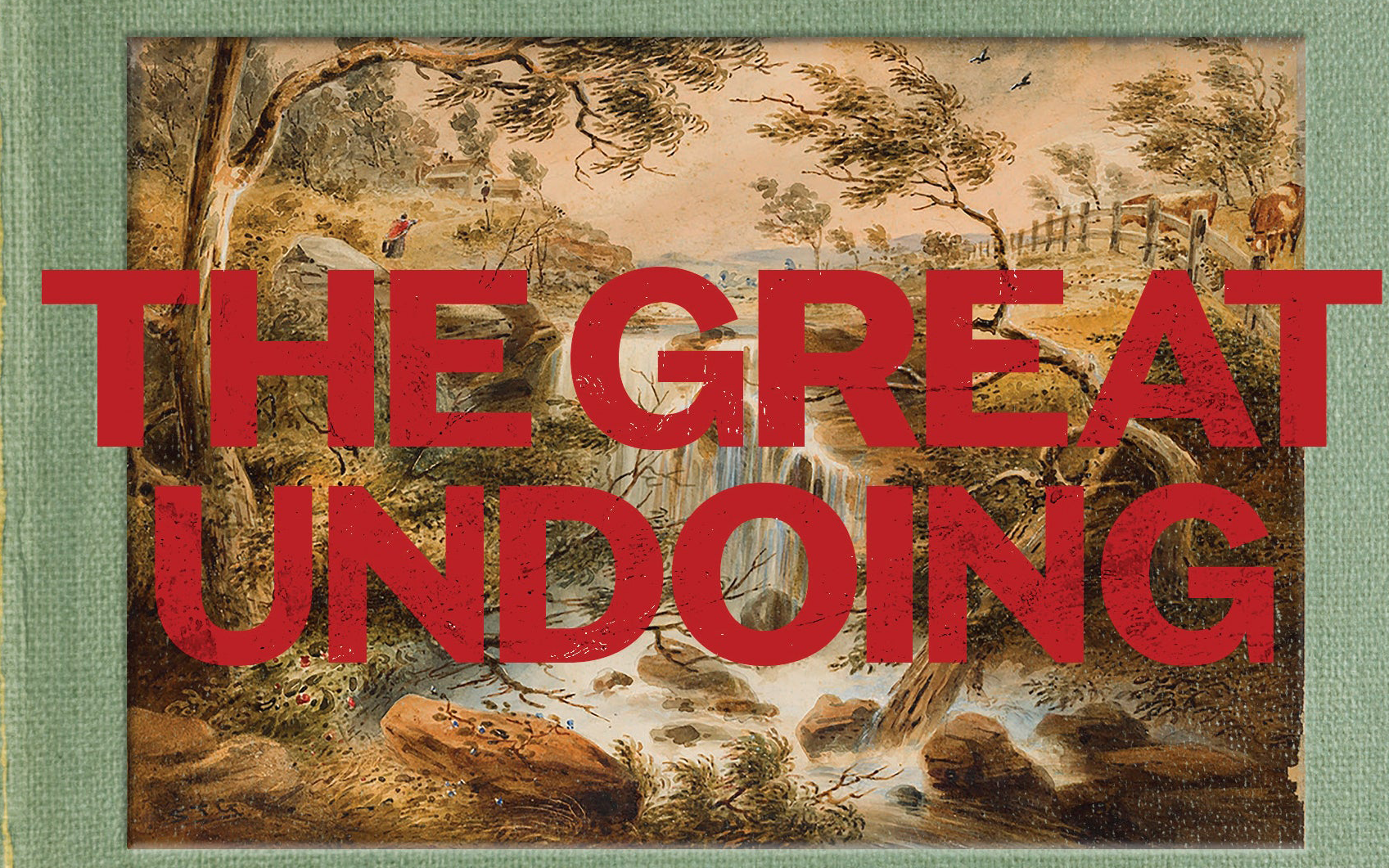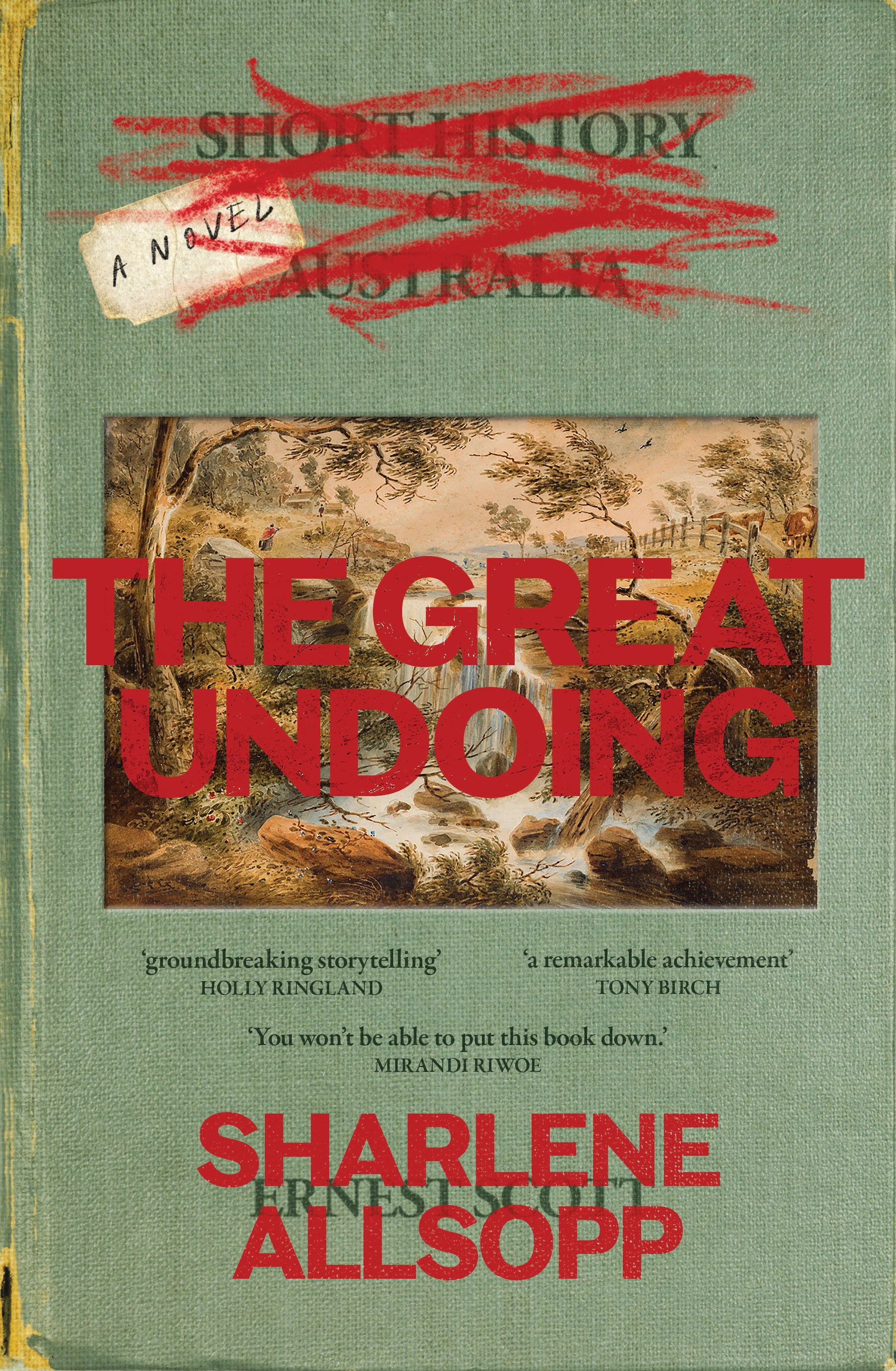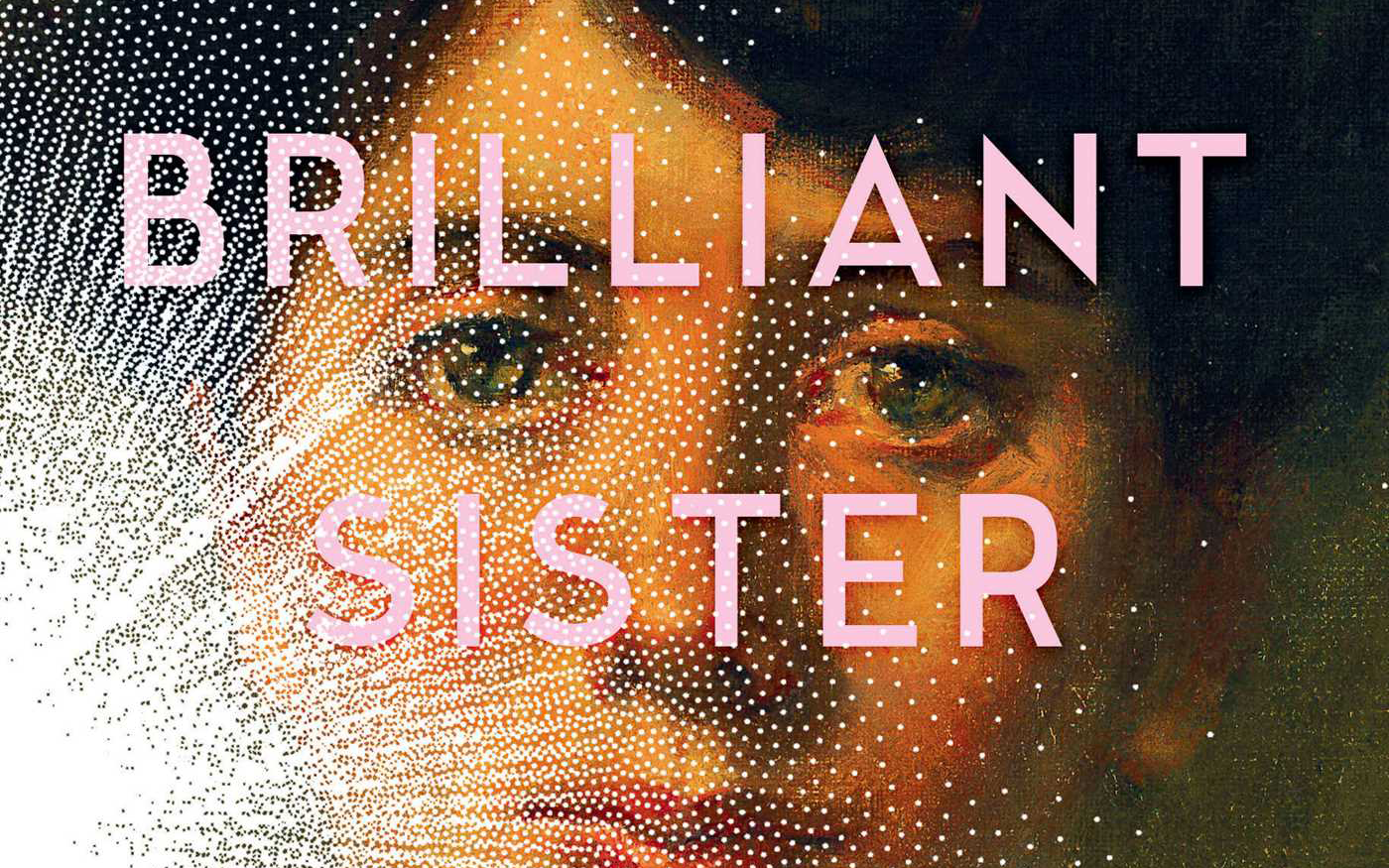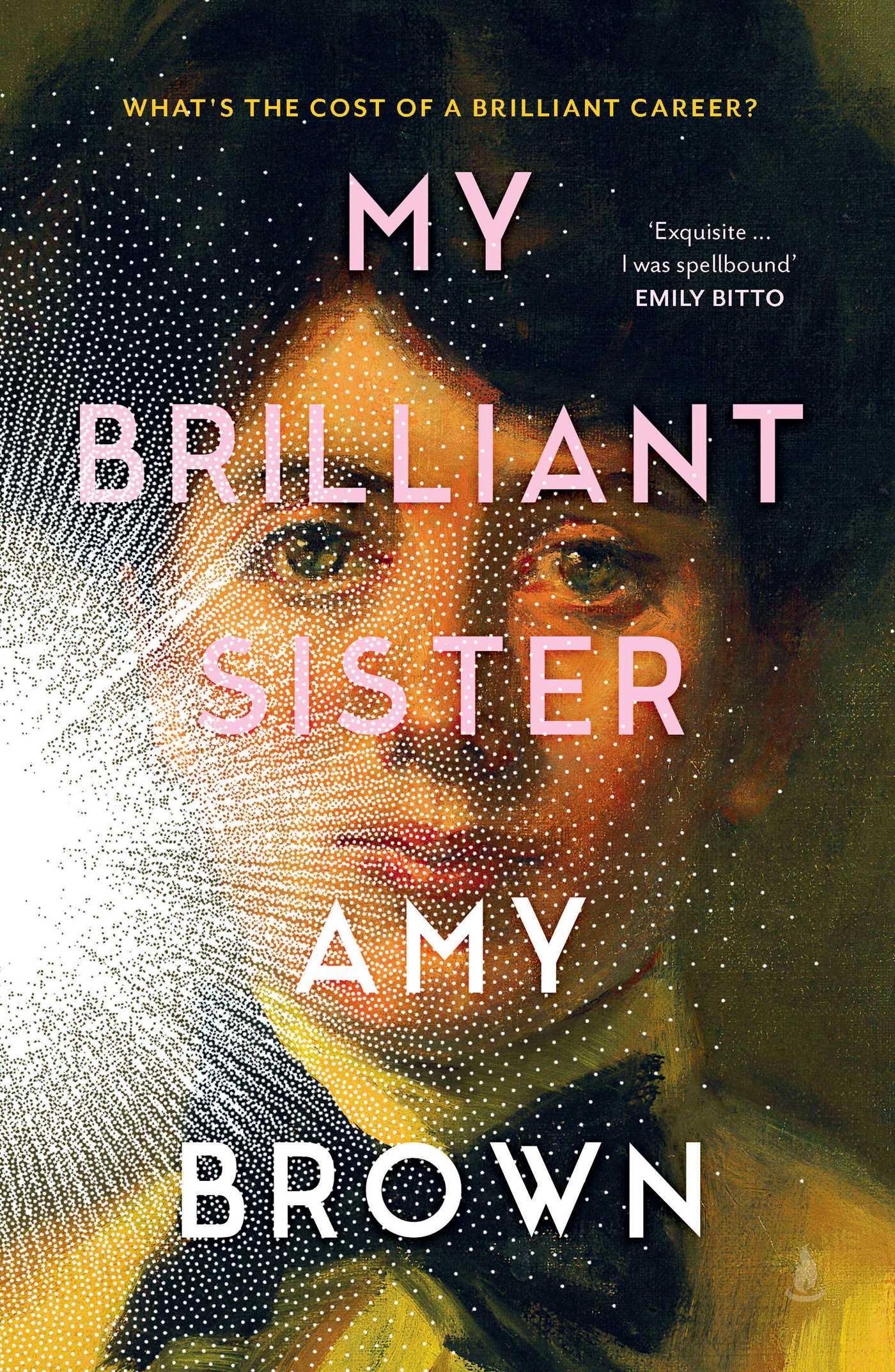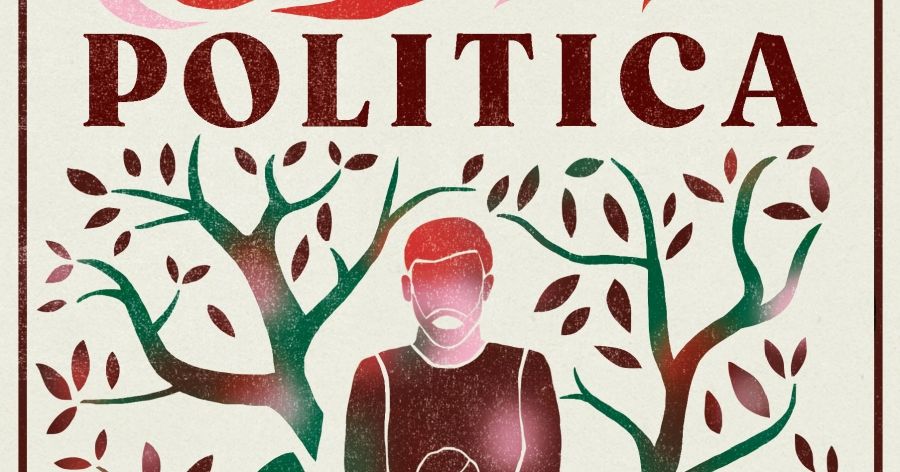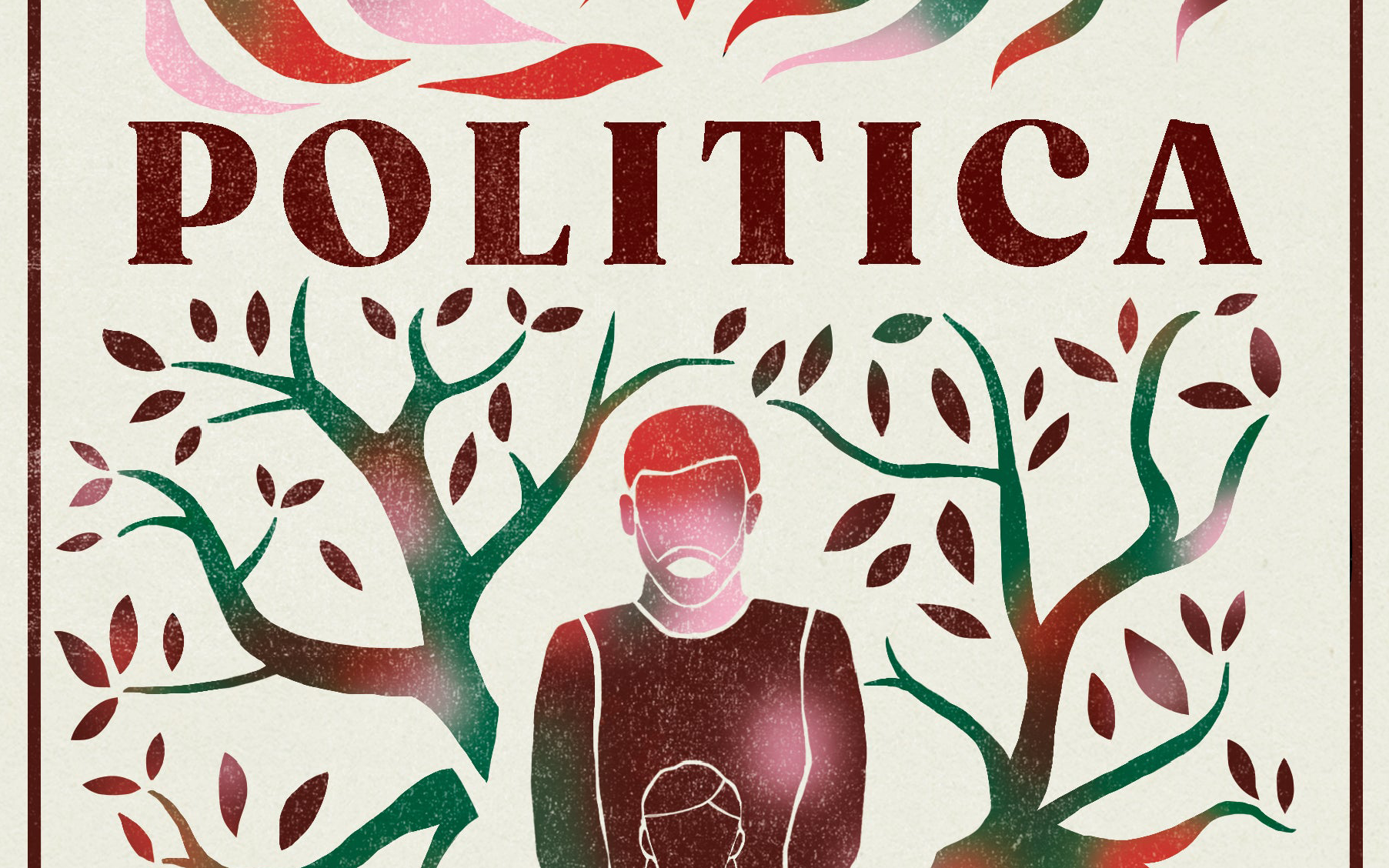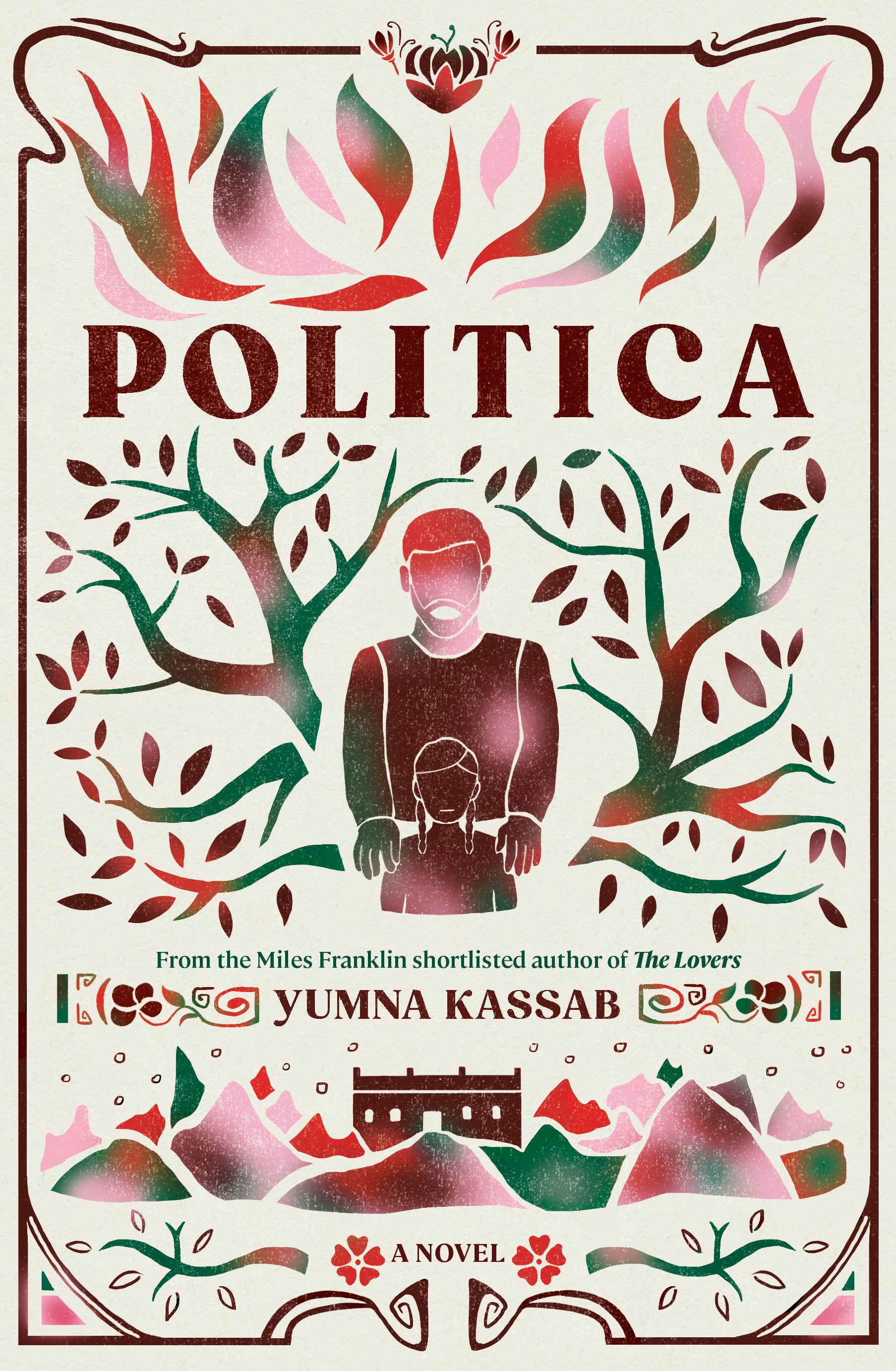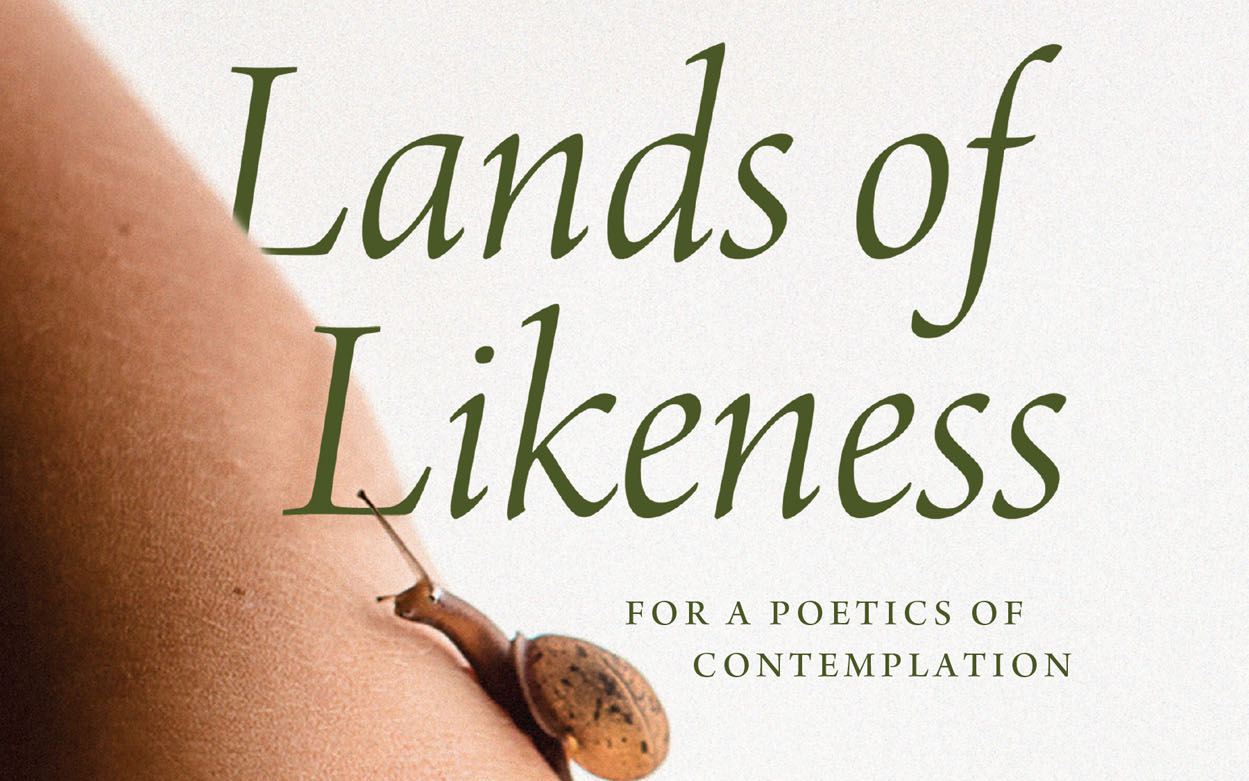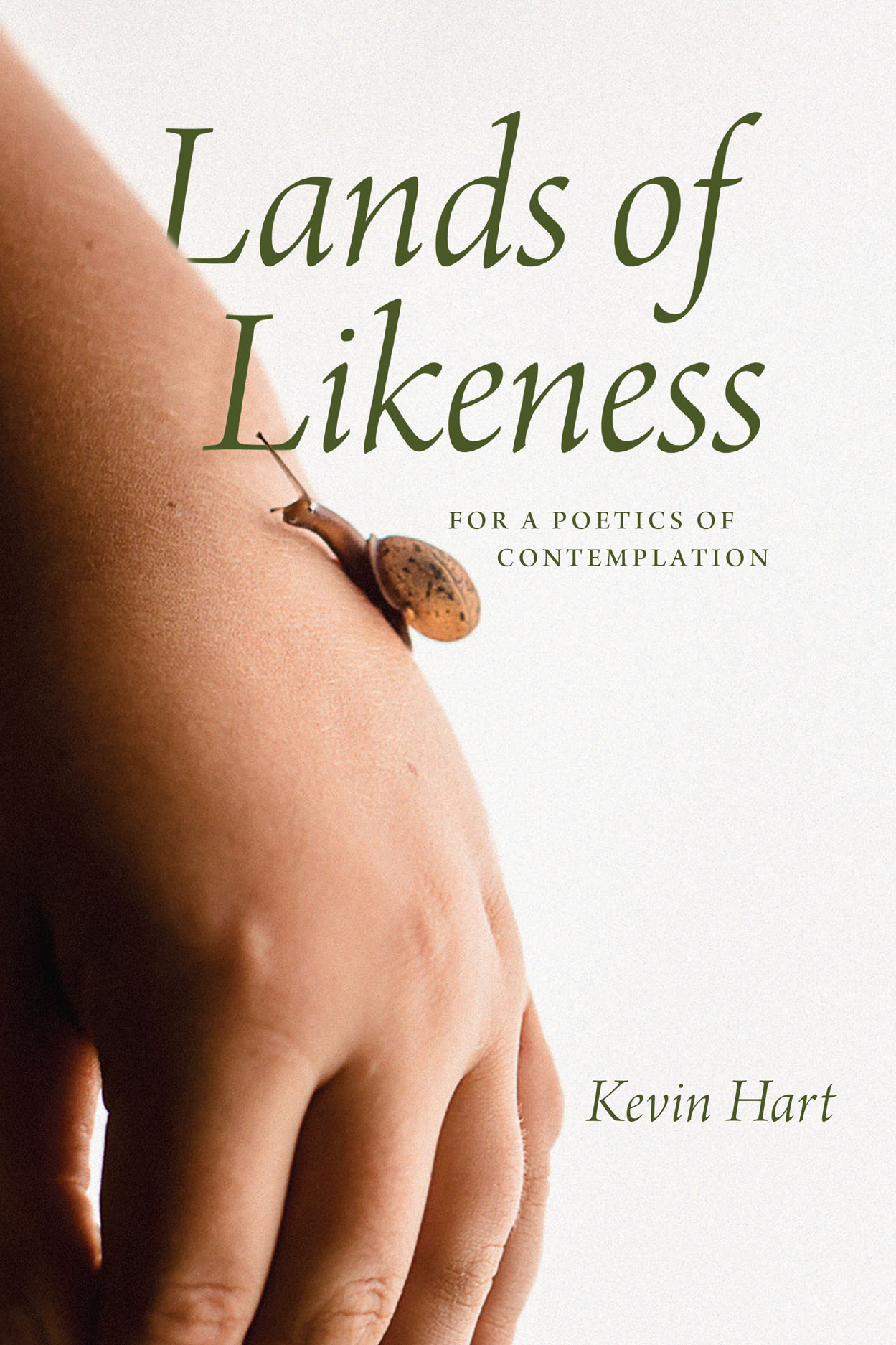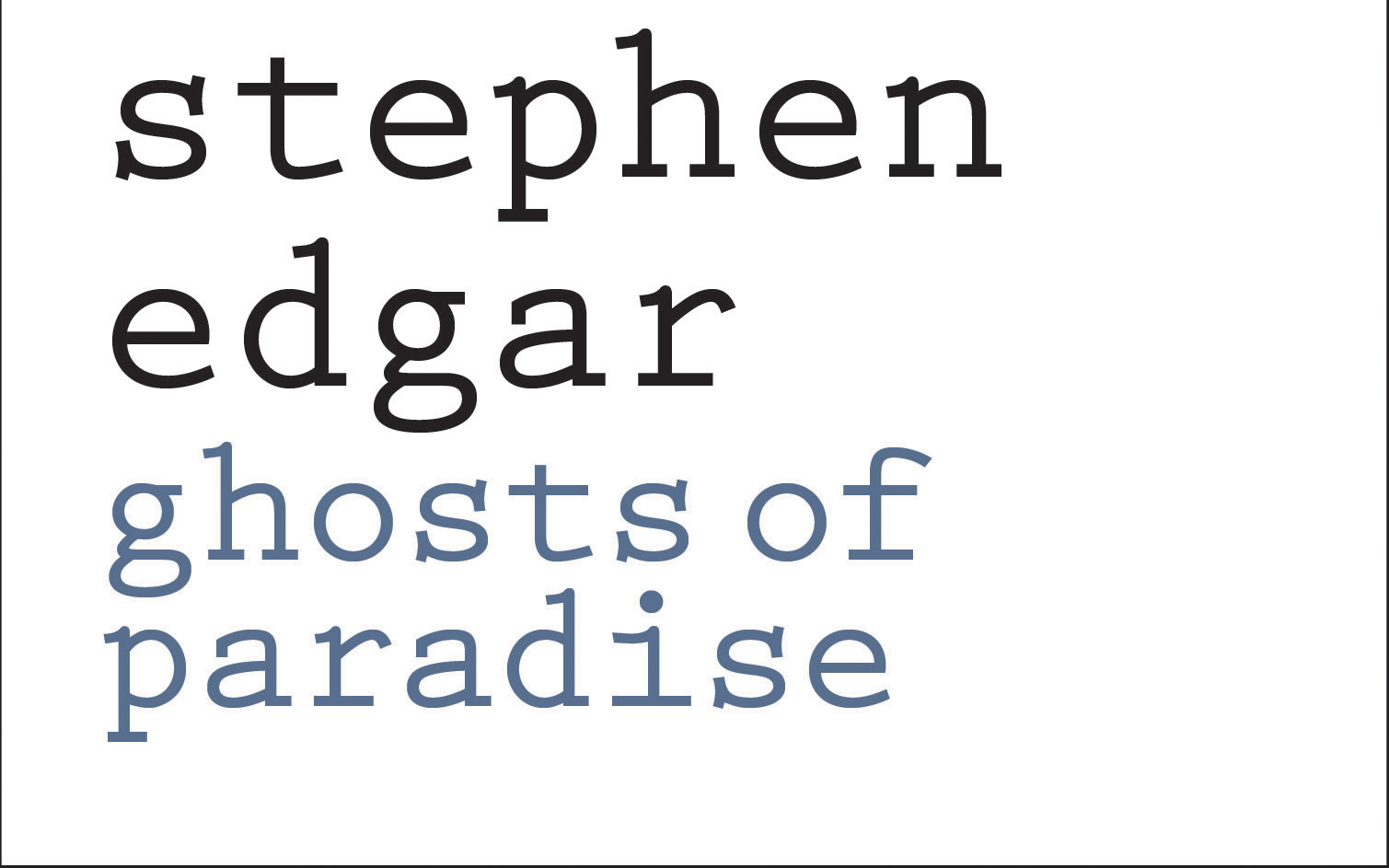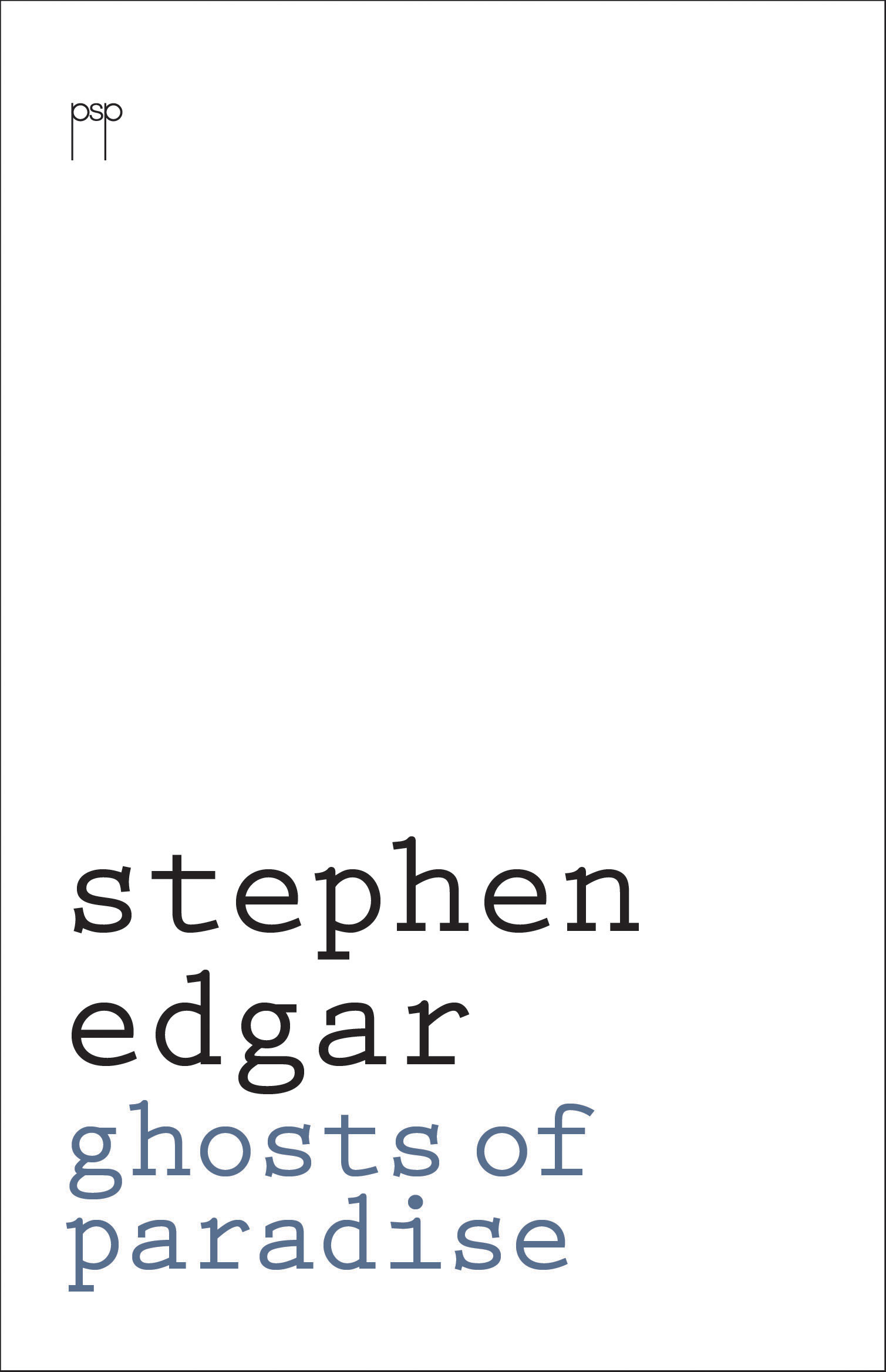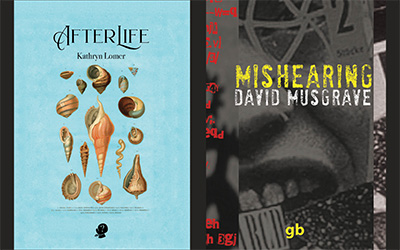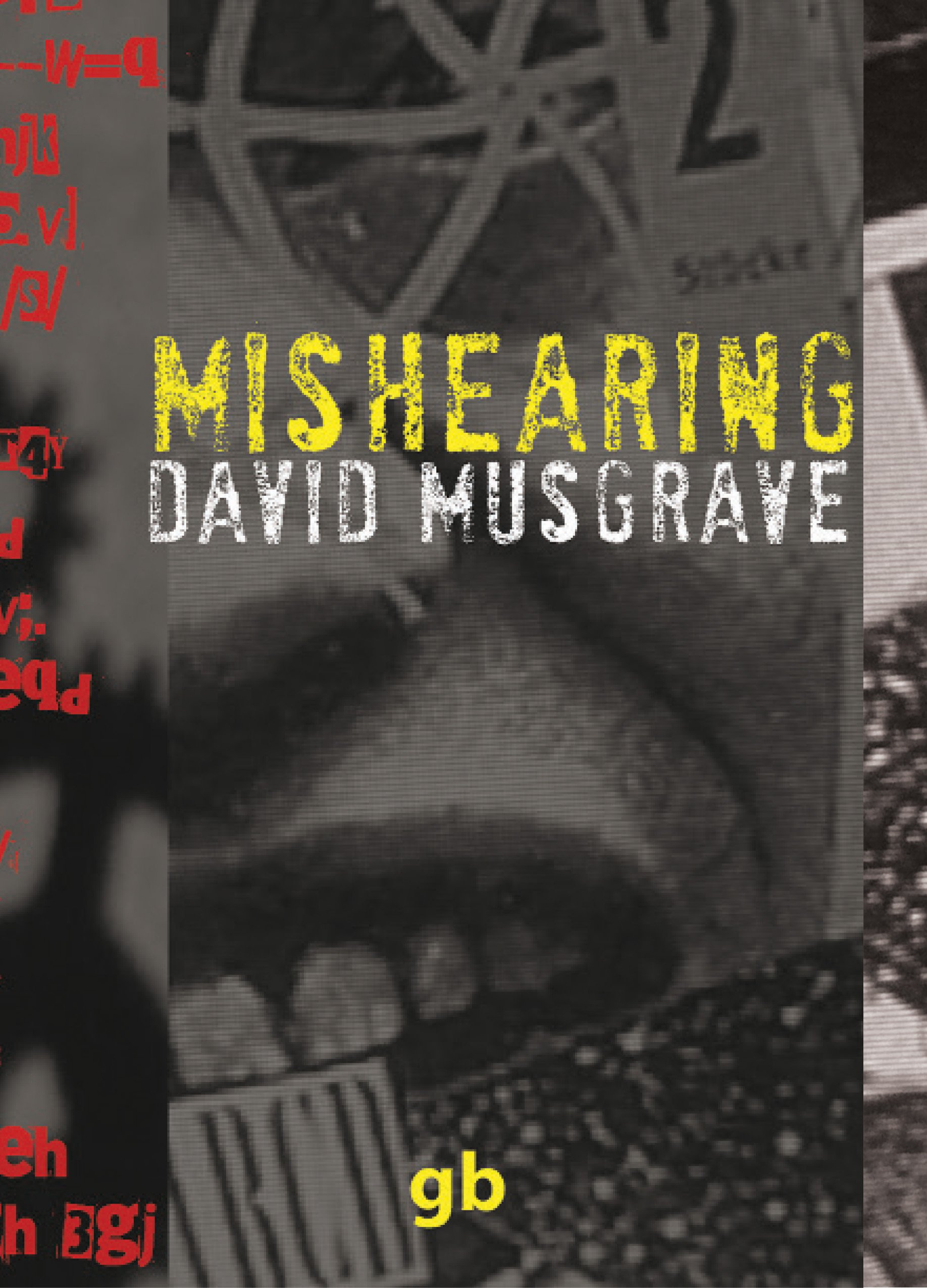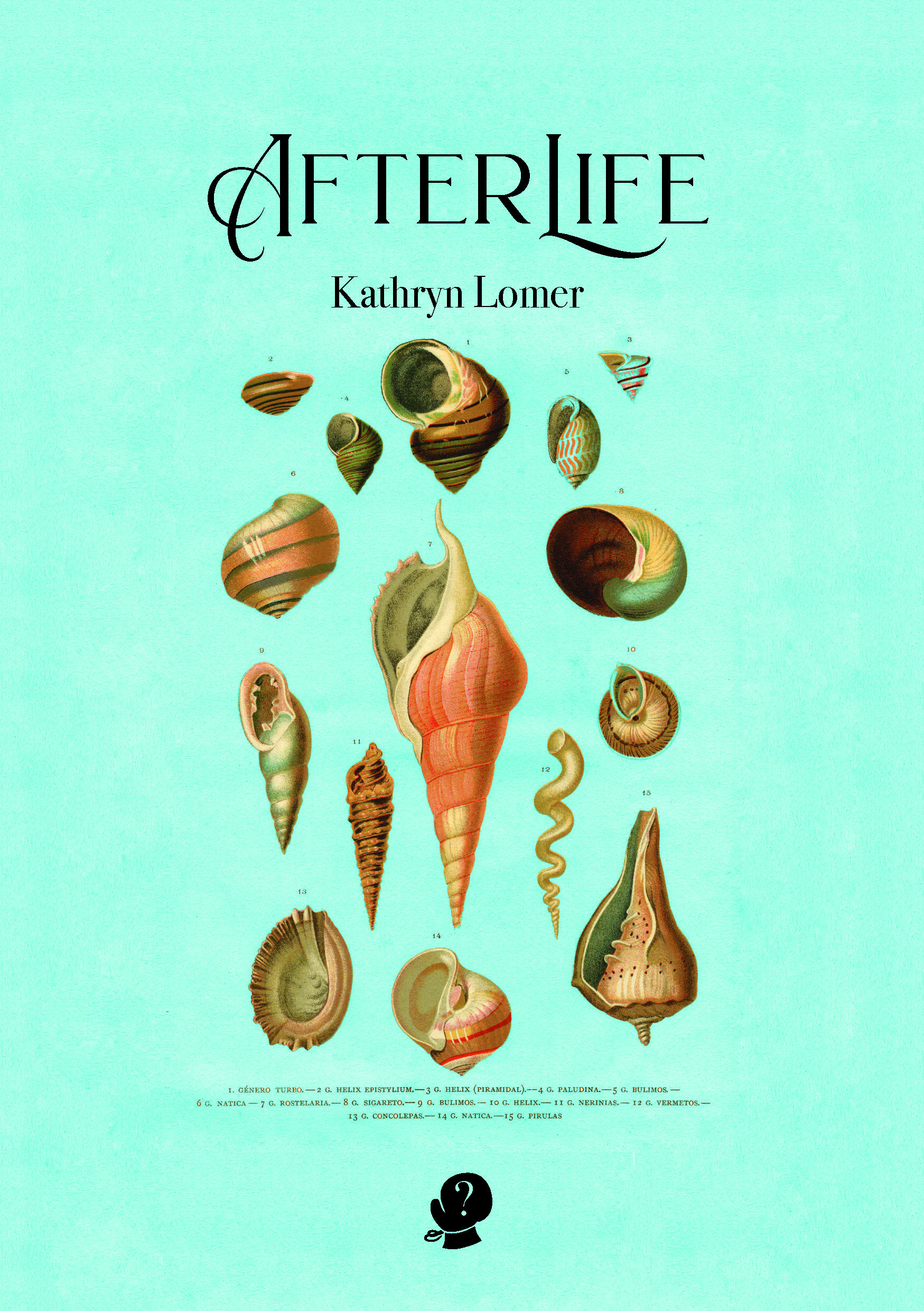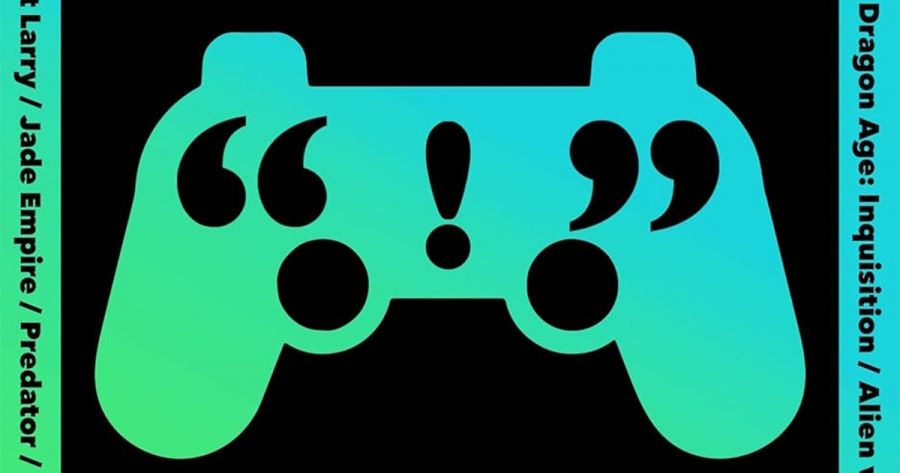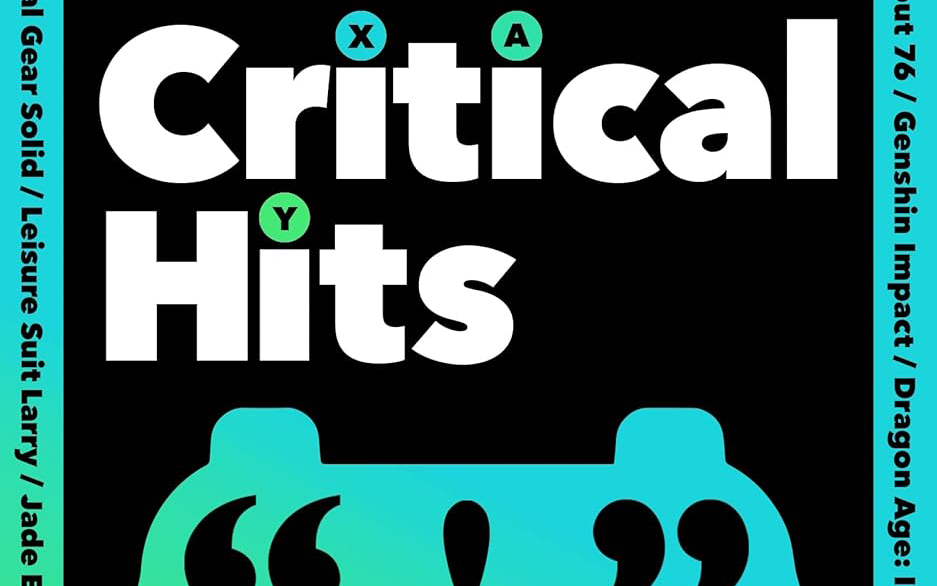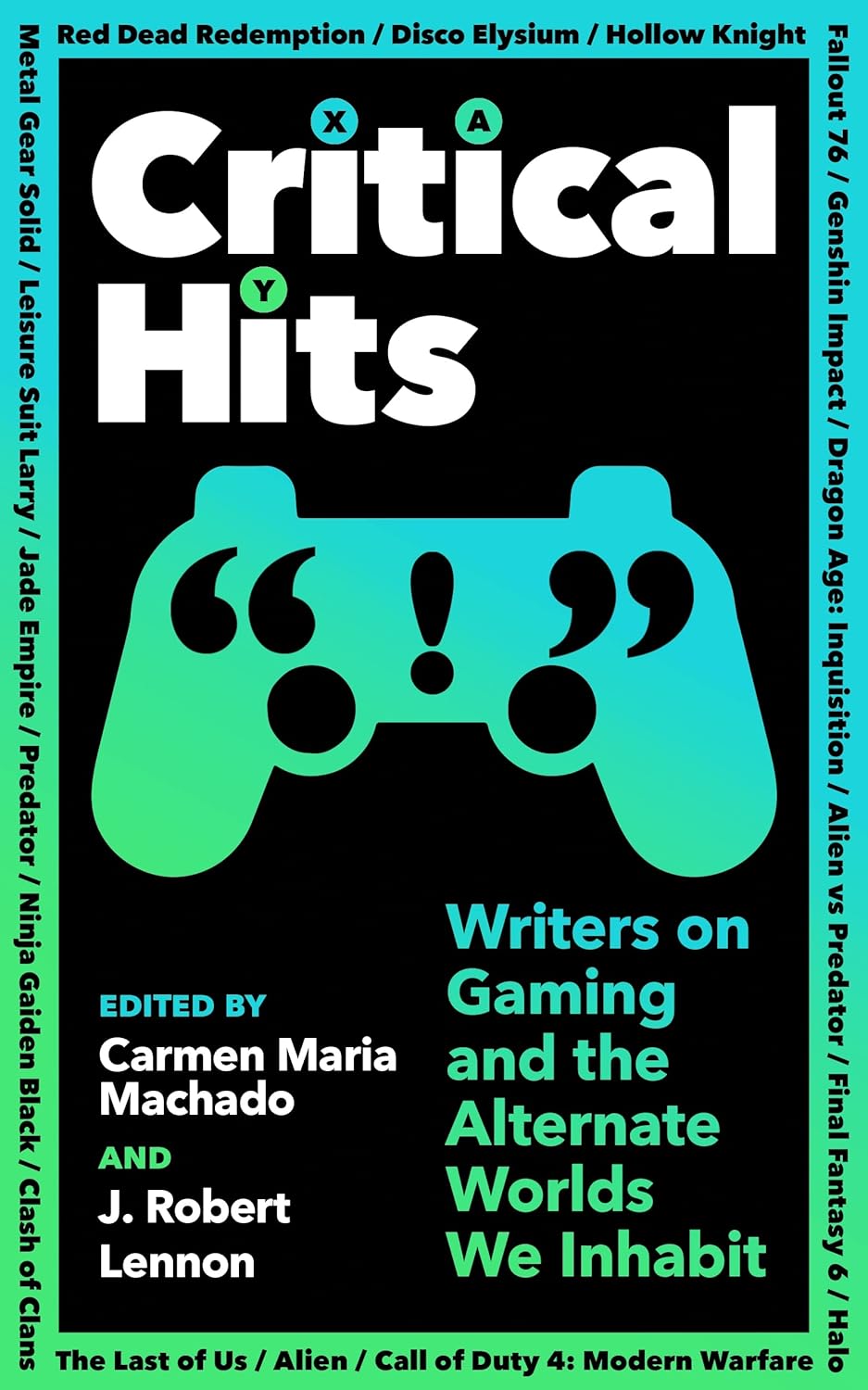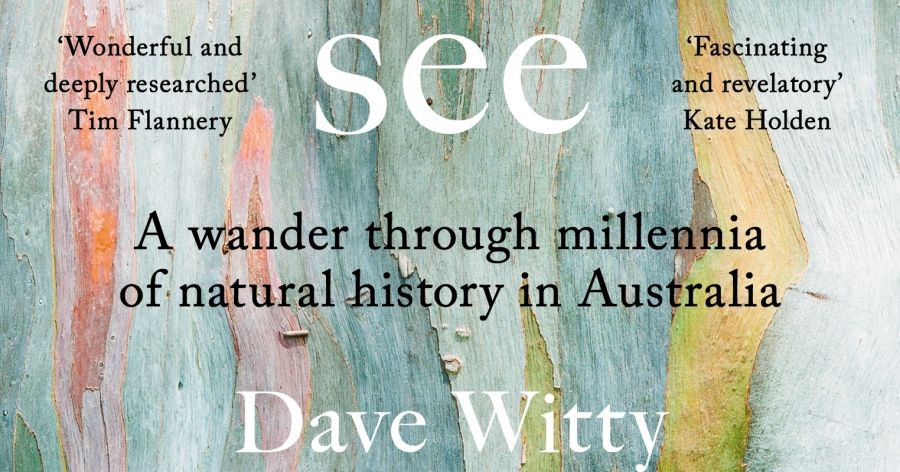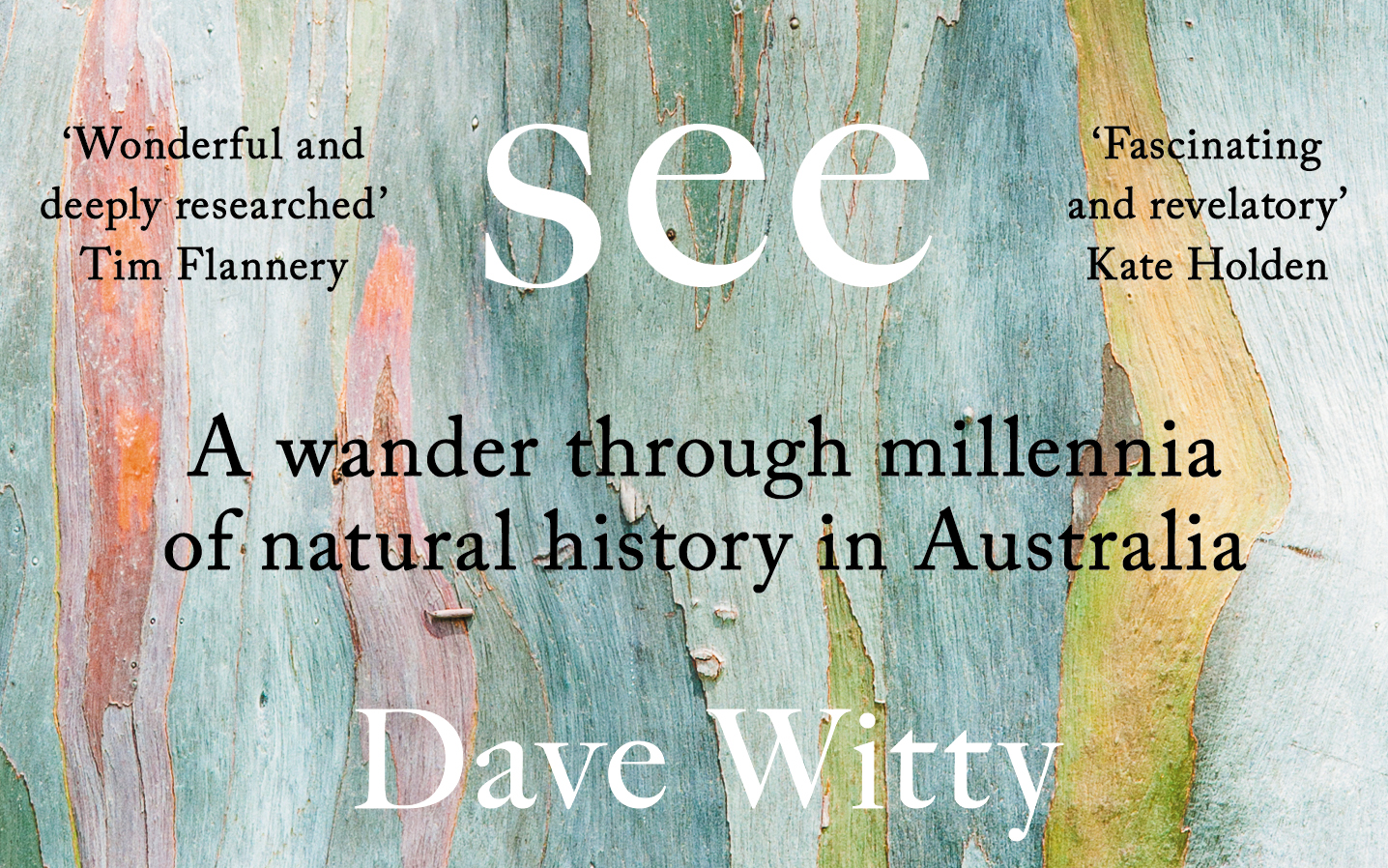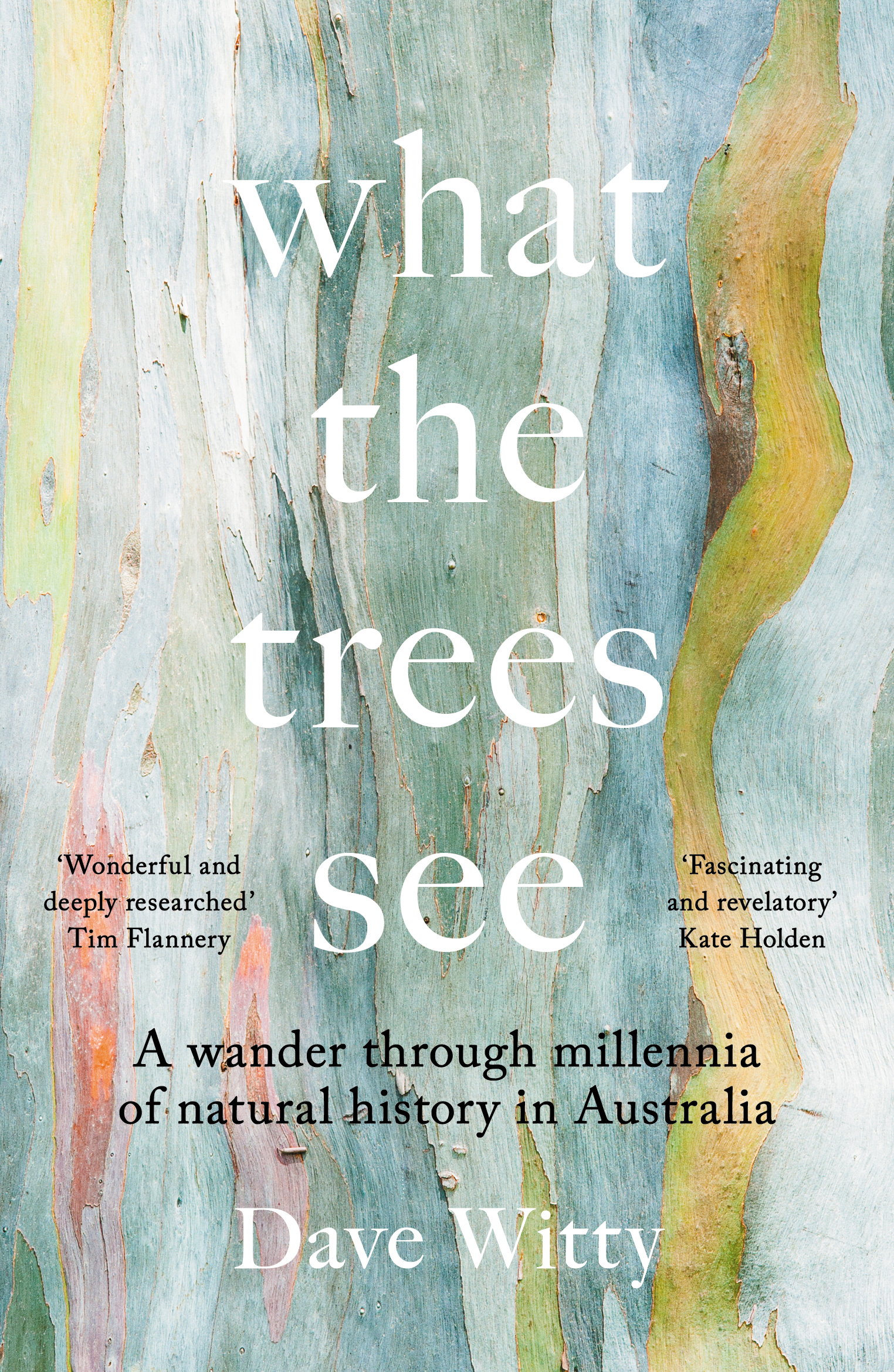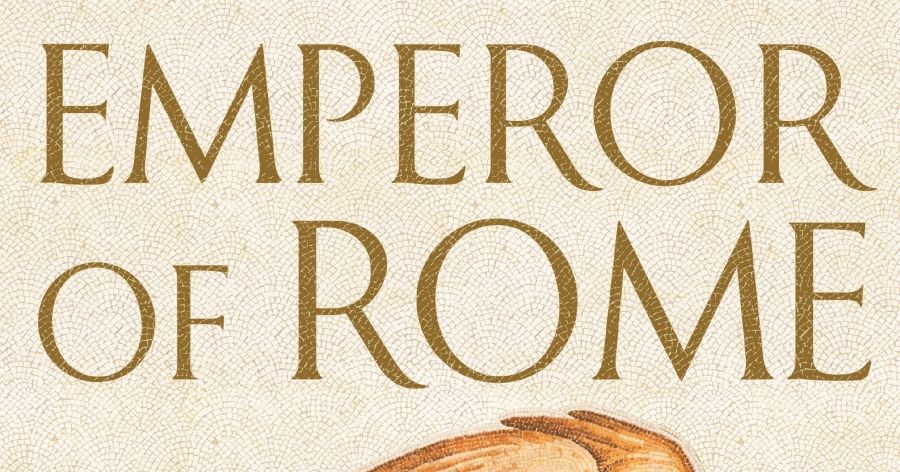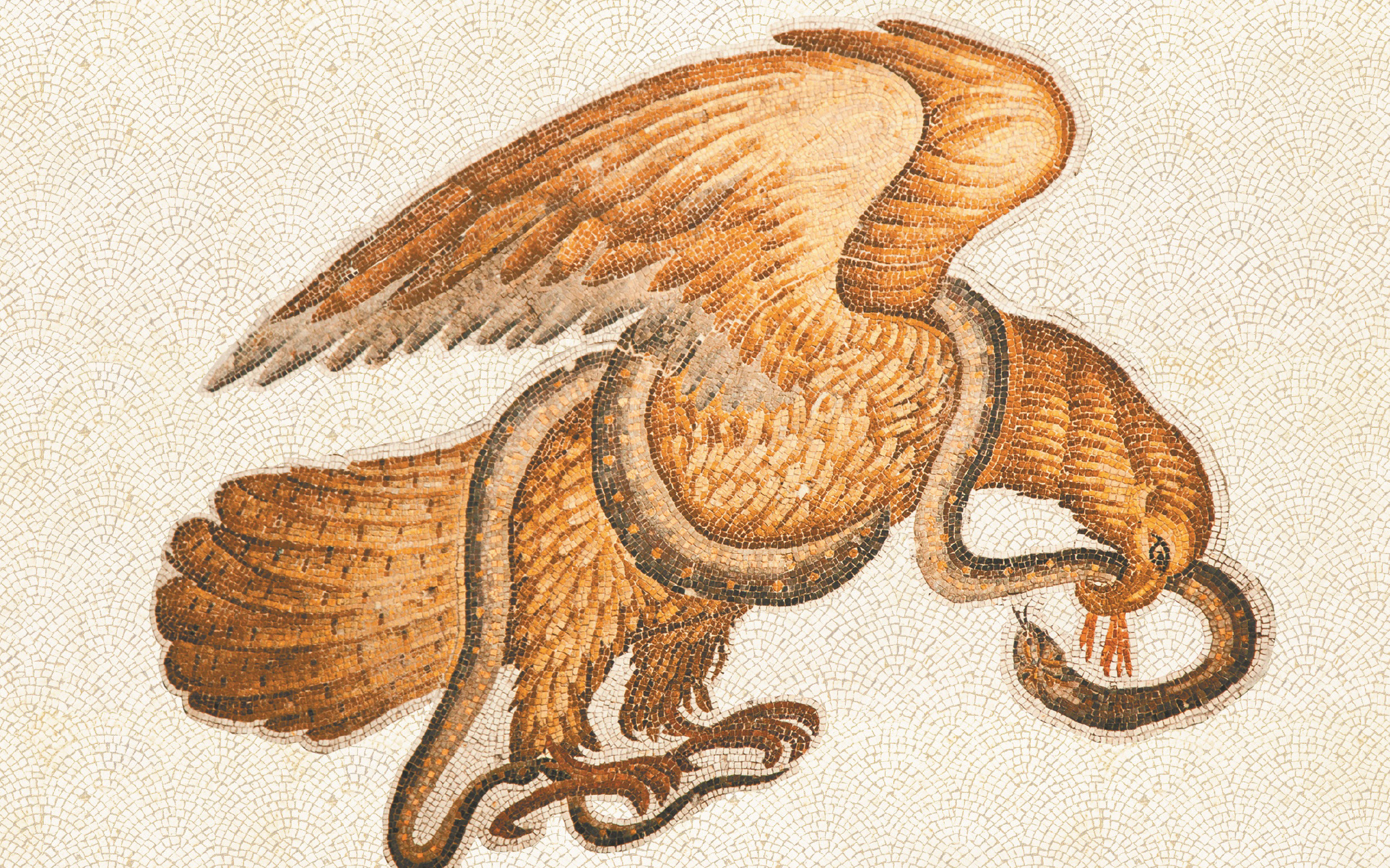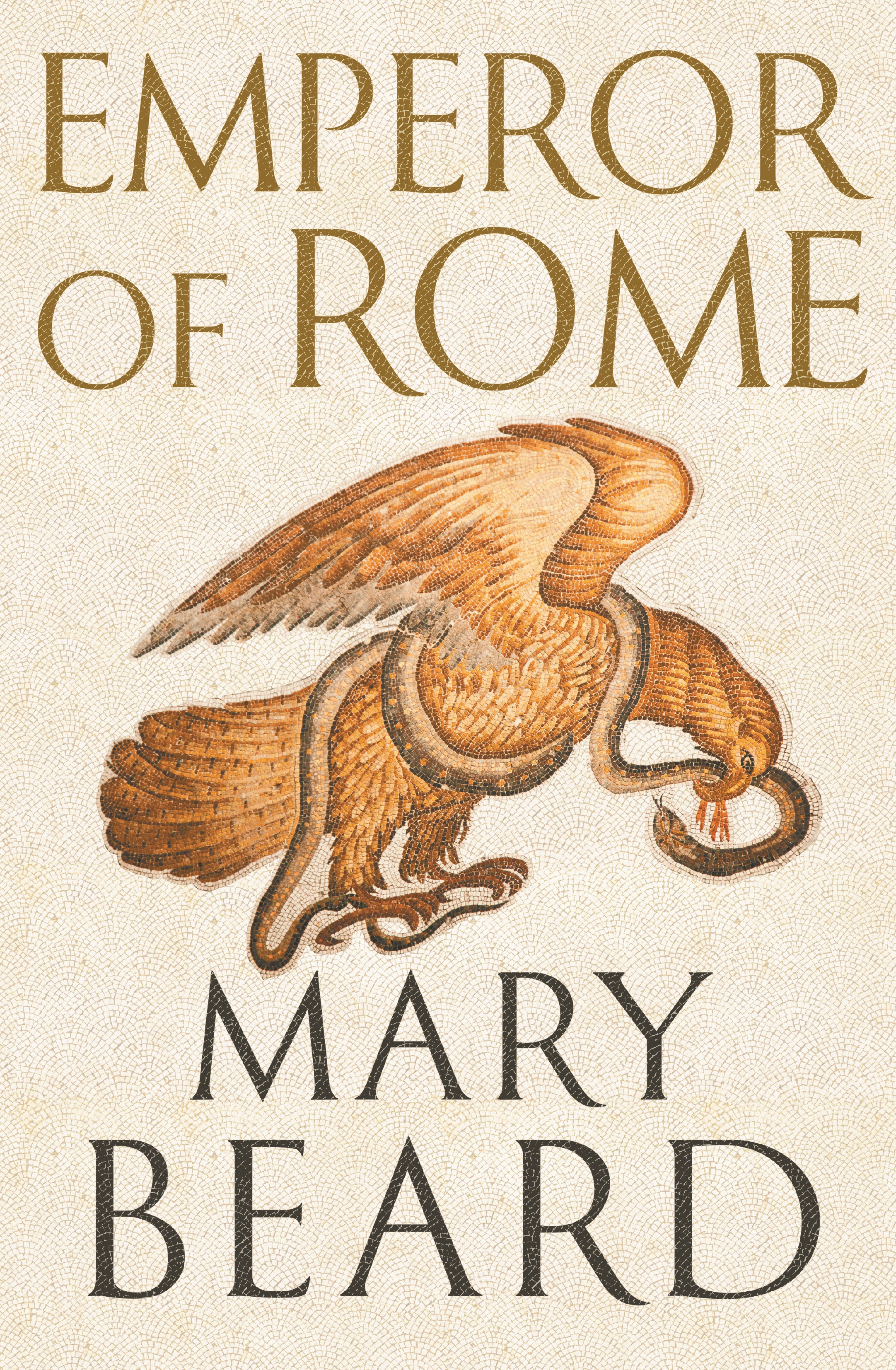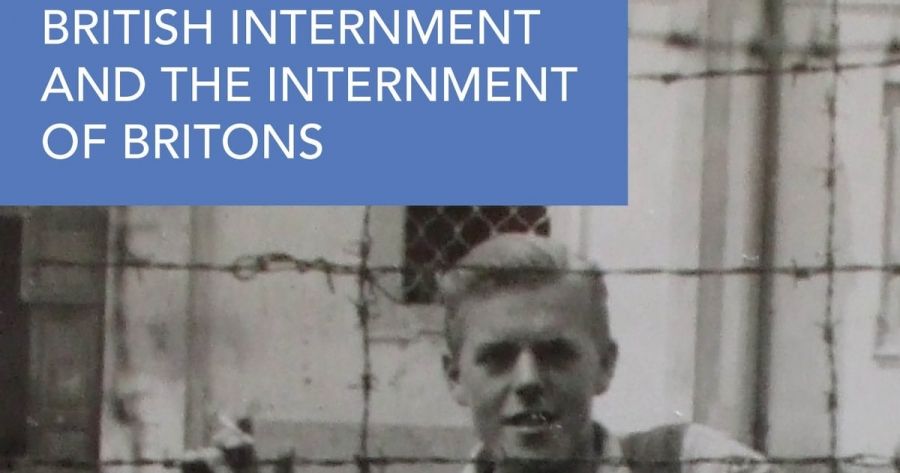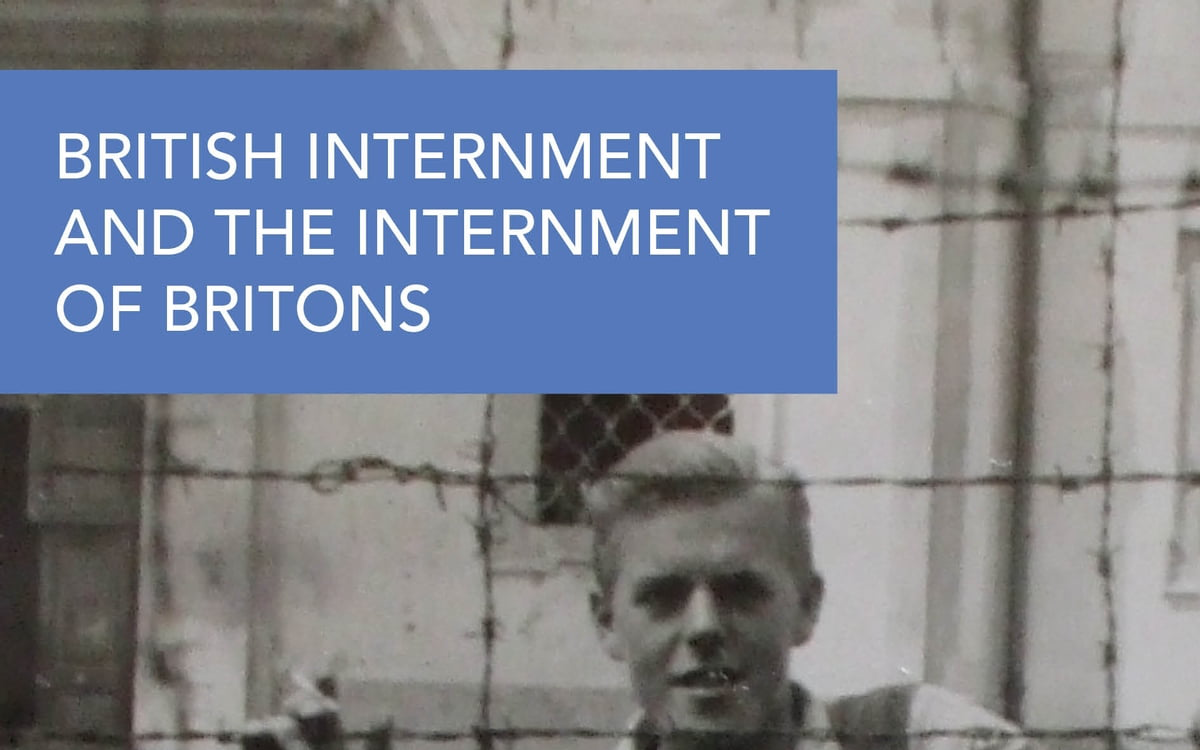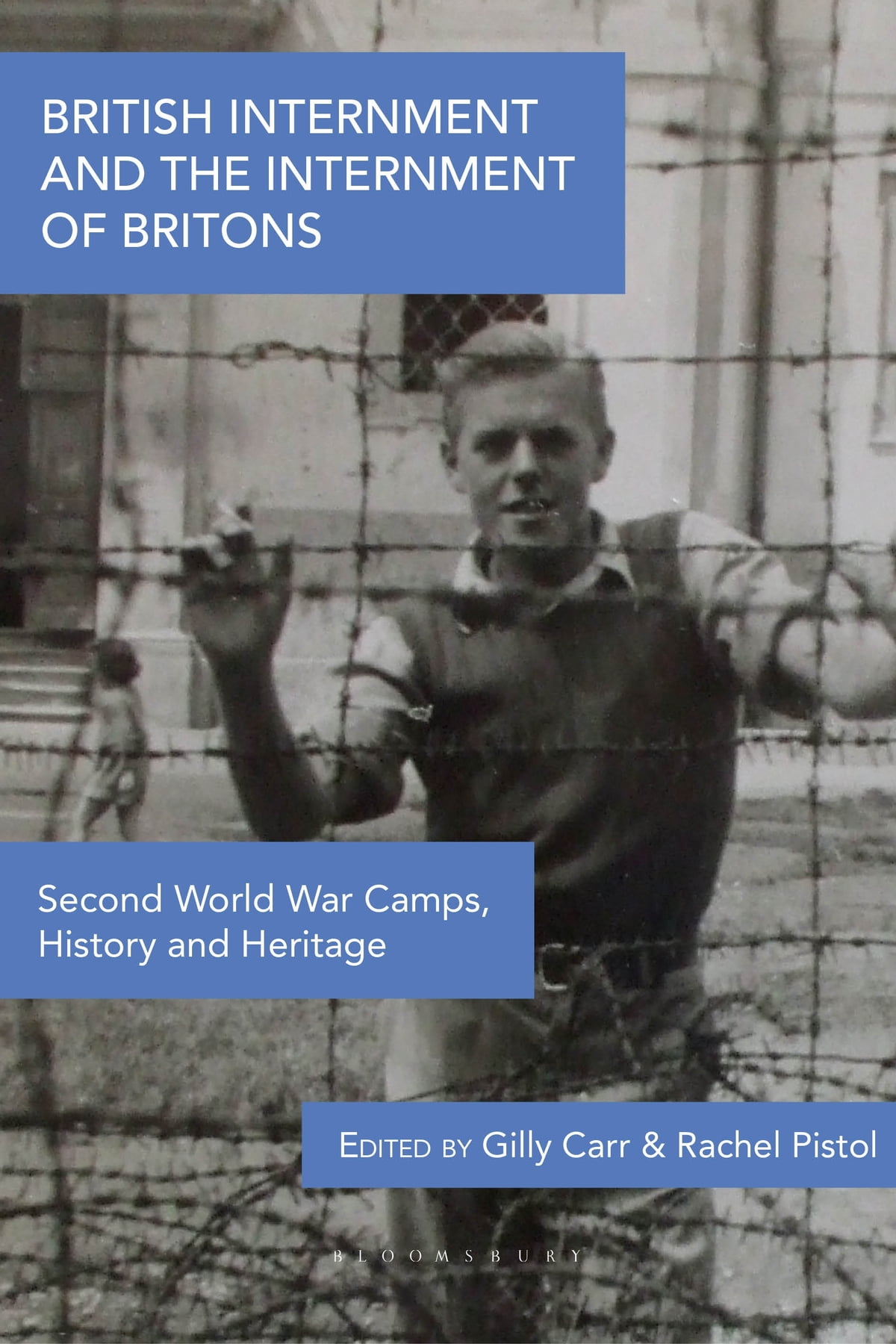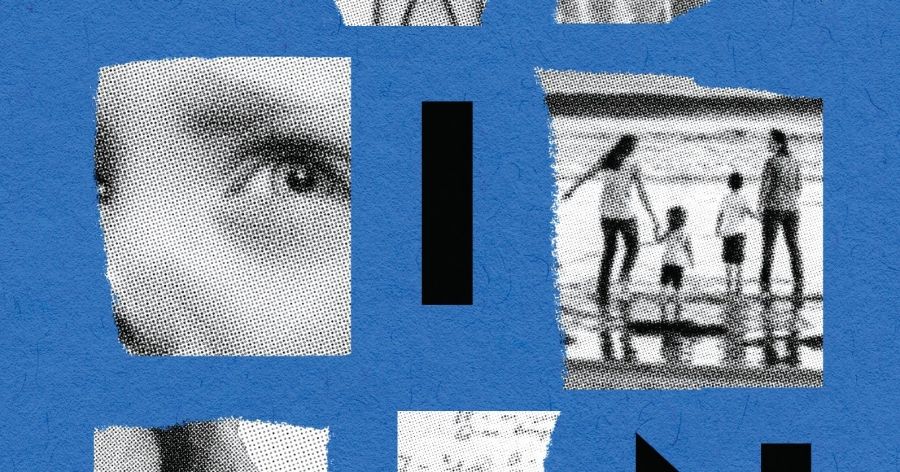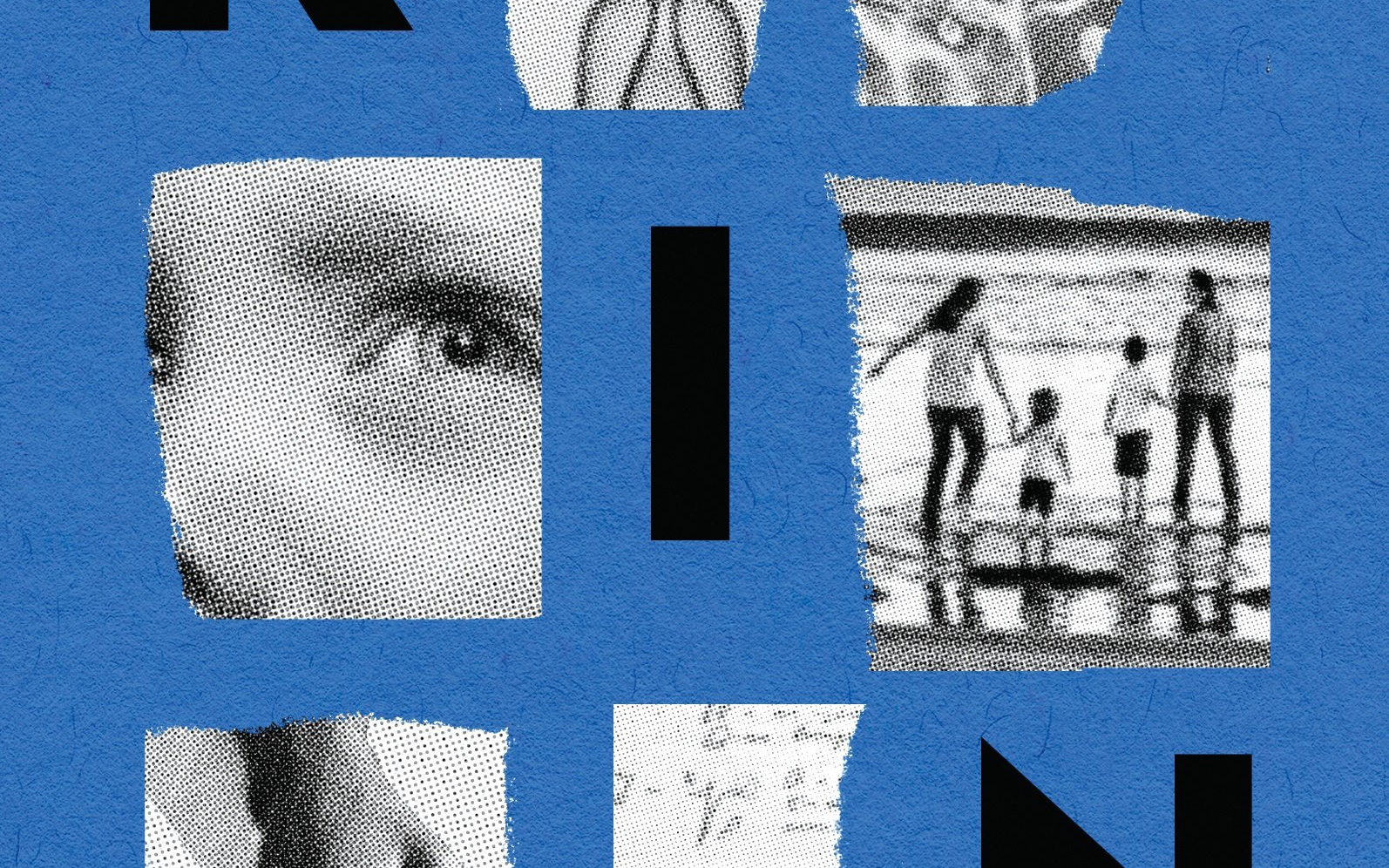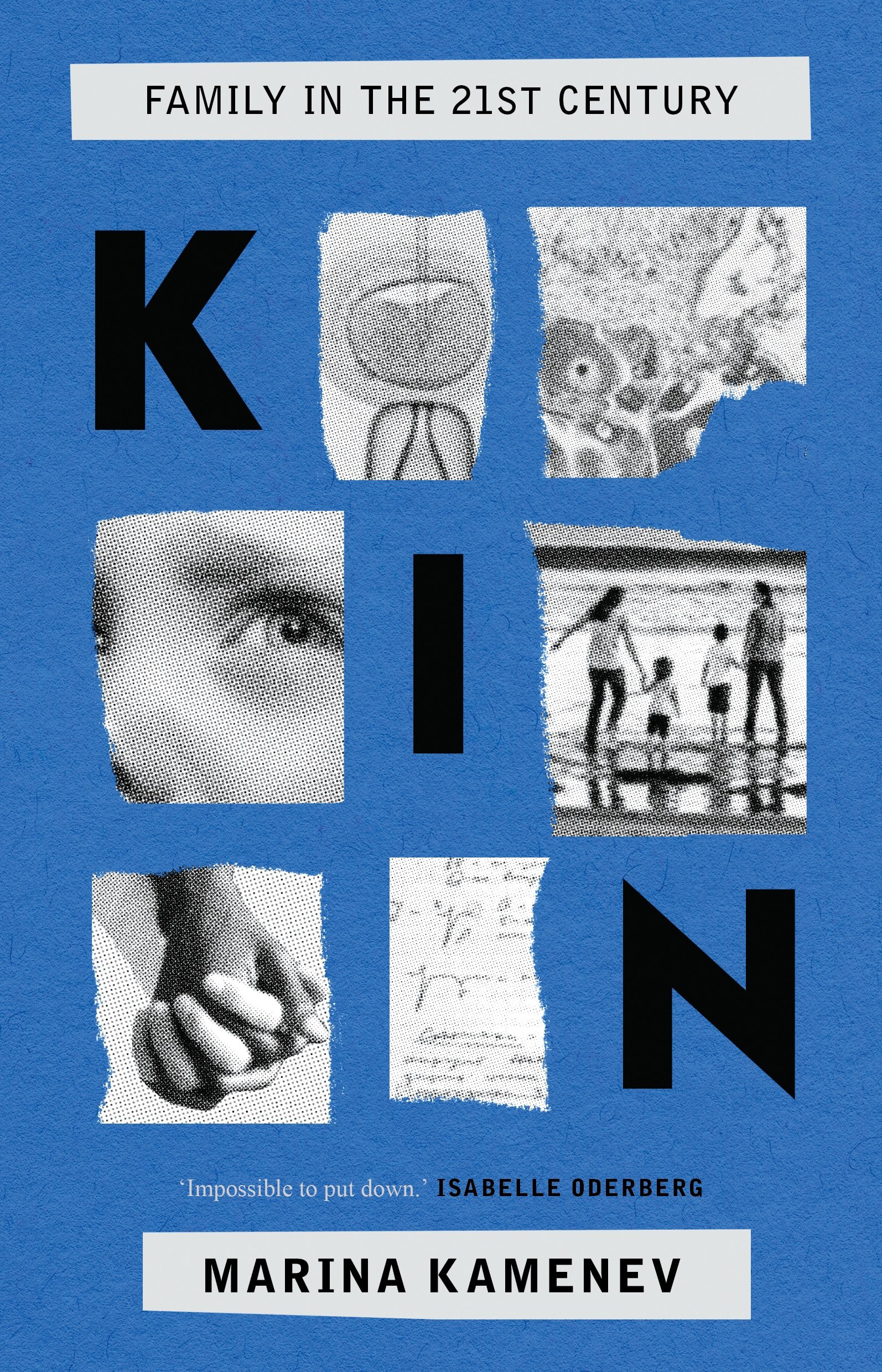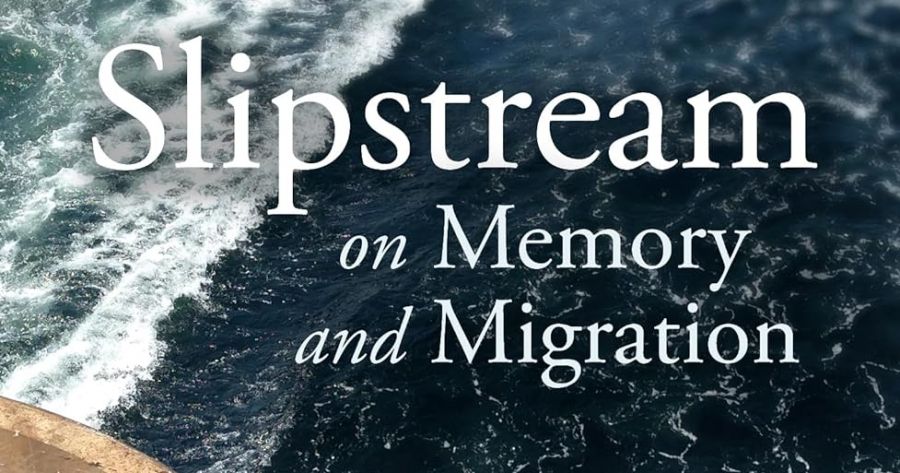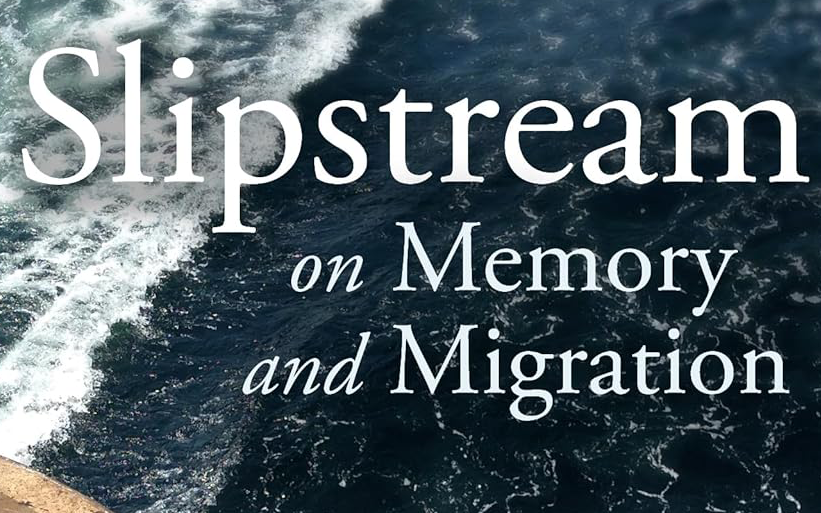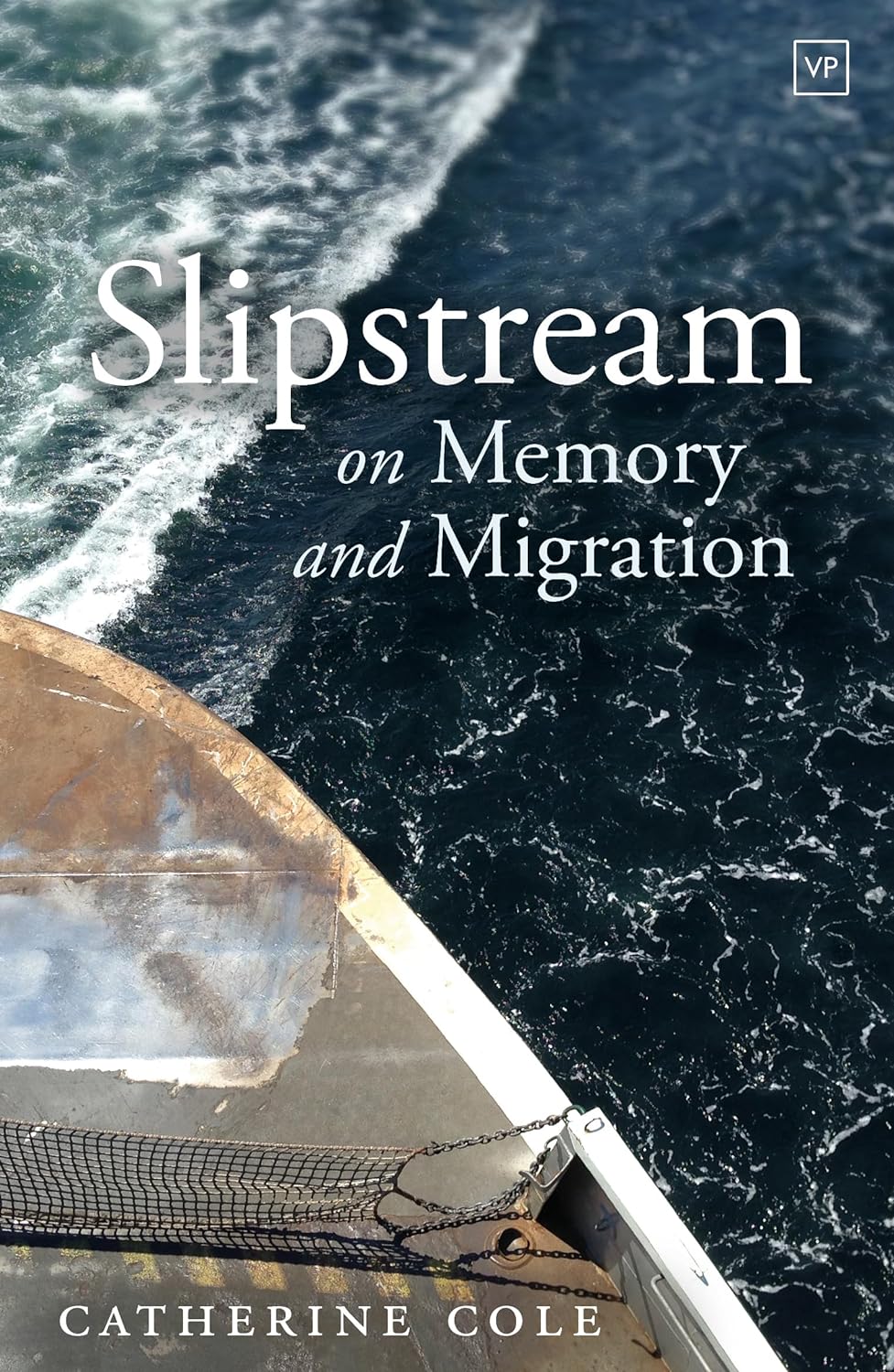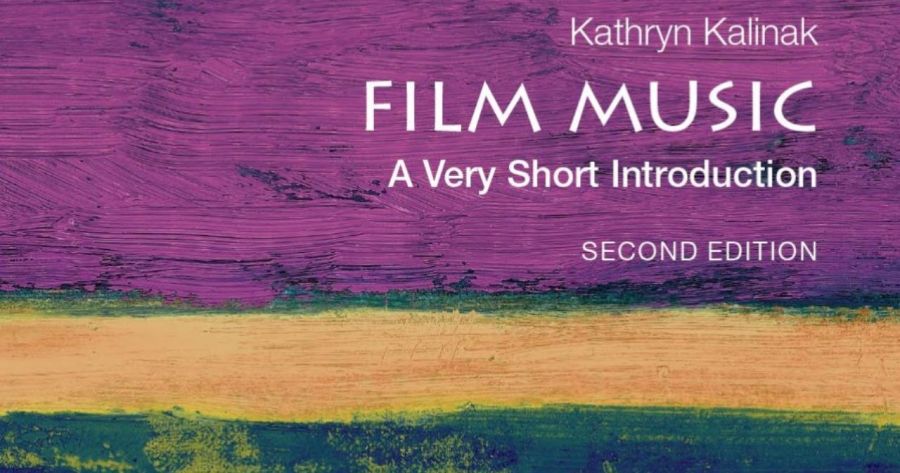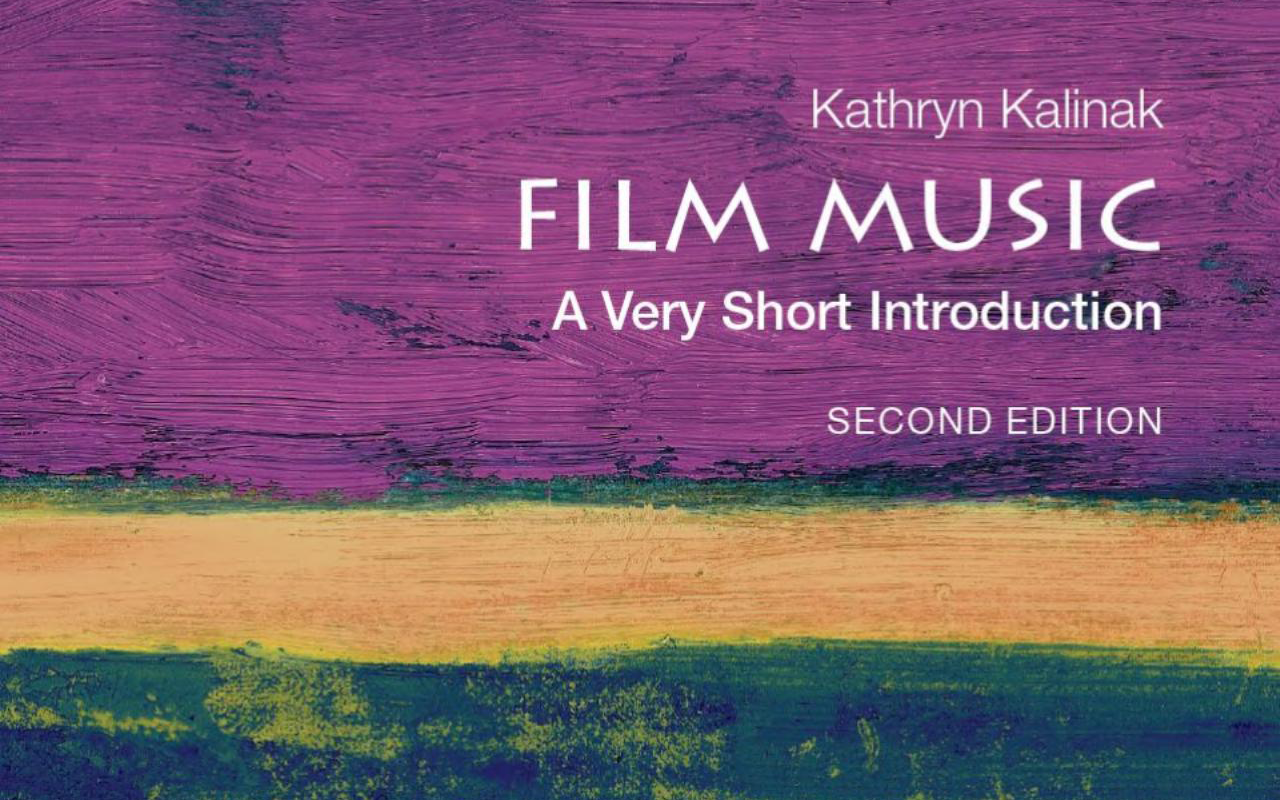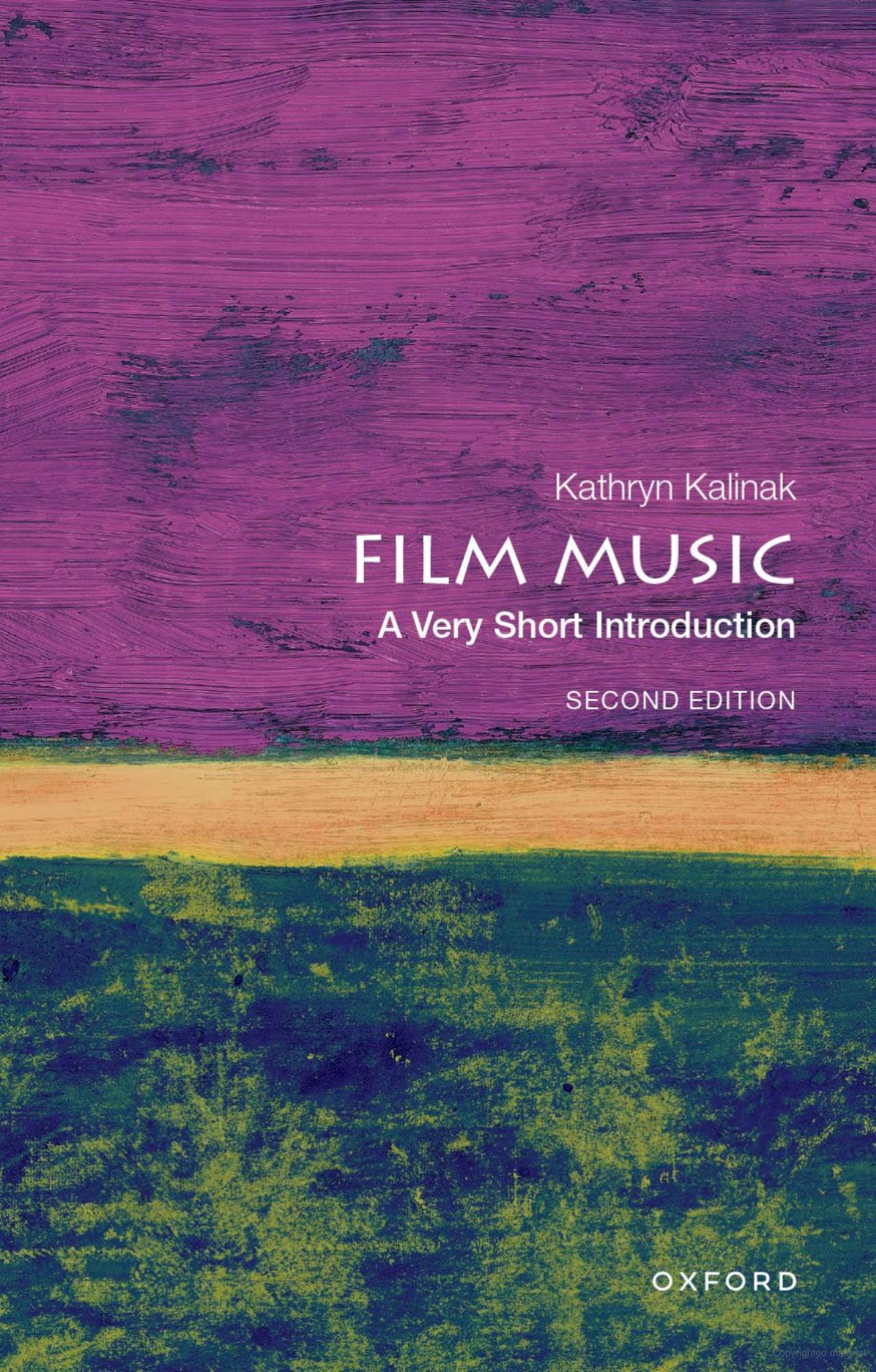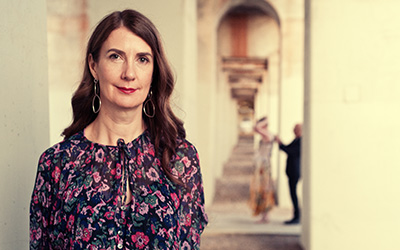Andrew Leigh is the Assistant Minister for Competition, Charities, Treasury and Employment, and Federal Member for Fenner in the ACT. Prior to being elected in 2010, Andrew was a professor of economics at the Australian National University. He holds a PhD in Public Policy from Harvard. His books include Battlers and Billionaires: The story of inequality in Australia (2013), Randomistas: How radical researchers changed our world (2018), and The Shortest History of Economics (2024). Andrew is a keen triathlete and marathon runner, and hosts a podcast called The Good Life: Andrew Leigh in Conversation, about living a happier, healthier, and more ethical life.
If you could go anywhere tomorrow, where would it be, and why?
My ideal trip would be to travel to Kona to race in the Ironman Triathlon World Championships, followed by a hiking and diving holiday with my wife, Gweneth, and our three boys. Like every other family, we’re always battling the temptation of digital screens, so our ideal getaway is a place where we can exercise outdoors and experience a sense of awe.
What’s your idea of hell?
Being inactive for more than twenty-four hours. I’m addicted to engaging in some form of exercise each day.
What do you consider the most specious virtue?
Patience. So much innovation and progress has come from individuals questioning: ‘Isn’t there a more efficient way to do this?’
What’s your favourite film?
Barbie. Style, substance, and an Australian actor in the lead. Our family relished it.
And your favourite book?
It keeps changing. Last year, it was Tomorrow, and Tomorrow, and Tomorrow, by Gabrielle Zevin.
Name the three people with whom you would most like to dine.
Among historical figures, I’d love to dine with Seneca, Caravaggio, and Marie Curie. Besides absorbing their insights, it would be an opportunity to caution them about the dangers of Nero, brawling, and radiation, respectively. Just imagine if the world could have got another decade of creativity out of each of them.
Which word do you most dislike?
‘Literally’, because it is literally always used incorrectly.
And which one would you like to see back in public usage?
‘Alacrity’, because of its onomatopoeic qualities.
Who is your favourite author?
I admire Haruki Murakami, who argues that writing and endurance running are complementary. Both require discipline and mental toughness. Murakami notes that running provides a time for solitary reflection, and that by forcing you to find a steady rhythm can inspire the right sense of flow in your writing.
And your favourite literary hero or heroine?
Elizabeth Zott, the chemist who battles against 1950s sexism, as portrayed in Bonnie Garmus’s book Lessons in Chemistry.
Which quality do you most admire in a writer?
Empathy. Fundamentally, I’m persuaded that humans don’t exercise free will – meaning that our actions are determined purely by our genetics and the events that occur in our lives. This means that if we had another person’s genes and environment, we would act as they do. So literature should be about understanding the inner lives of other people.
Which book influenced you most in your youth?
My main thesis adviser, Christopher Jencks, wrote a series of books about social policy. I was inspired to become a research economist partly because of the way he looked at problems – driven by curiosity and data, not prejudice and bluster.
Name an early literary idol or influence whom you no longer admire – or vice versa.
I loved Ernest Hemingway in my twenties, and relished reading The Dangerous Summer while backpacking through Spain. But the violence towards animals and the glorification of machismo don’t do it for me now, particularly given what we know about Hemingway’s treatment of the women in his life.
Do you have a favourite podcast, apart from ABR’s one of course?
If you appreciate depth, the best Australian podcast is The Joe Walker Podcast. Joe’s ability to discuss big intellectual issues with the world’s top scientists, economists, and thinkers is almost without parallel.
What, if anything, impedes your writing?
As a full-time parliamentarian, my main focus is on my political responsibilities. Writing has been squeezed into pre-dawn hours and days when my more sensible colleagues are enjoying a well-earned holiday
What qualities do you look for in critics?
The best critics are those who are willing to surprise and challenge their readers. They’re not dogmatic, and they approach each work afresh. This means that they’re willing to praise a good book even if they don’t agree with its ideological framework, and criticise a bad book even if the author’s previous work was a masterpiece. A great critic is also kind – resisting cheap put-downs and sassy asides in favour of trying to appreciate the work.
How do you find working with editors?
When you get corrections from the best editors, you think to yourself, ‘Yes, that’s what I was trying to say, and how I was trying to say it.’ They are willing to recommend major structural changes where the work needs it, while acknowledging the value of retaining an author’s voice. At Black Inc., I have especially enjoyed working with Chris Feik and Kirstie Innes-Will.
What do you think of writers’ festivals?
When the panels are well composed, they can be a fun chance to engage with other writers – especially those who produce work in an utterly different genre.
Are artists valued in our society?
Absolutely. Whether it’s Thelma Plum’s velvety voice, Ralph Heimans’s evocative portraits, or Alice Pung’s novelistic depictions of the migrant experience, Australians appreciate the transcendent power of the arts, and the extraordinary people who produce creative work for a living.
What are you working on now?
The Shortest History of Economics just hit the shelves, so my main focus is on my electoral and parliamentary duties.


